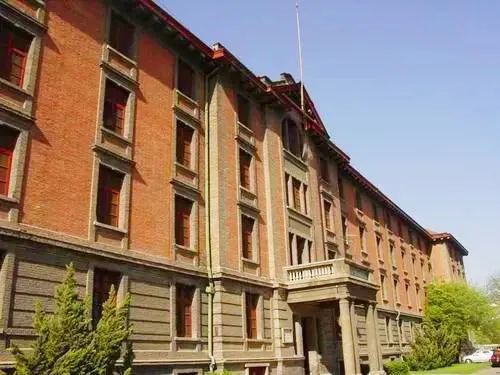

CUPL’s predecessor, the Peking College of Political Science and Law (hereinafter referred to as the College), was founded by combining the departments of law, political science and sociology of Peking University, Tsinghua University, Yenching University, and Fu Jen Catholic University. The then Chinese leader Mr. Mao Zedong, donateded his own handwriting of the school’s name to the College.
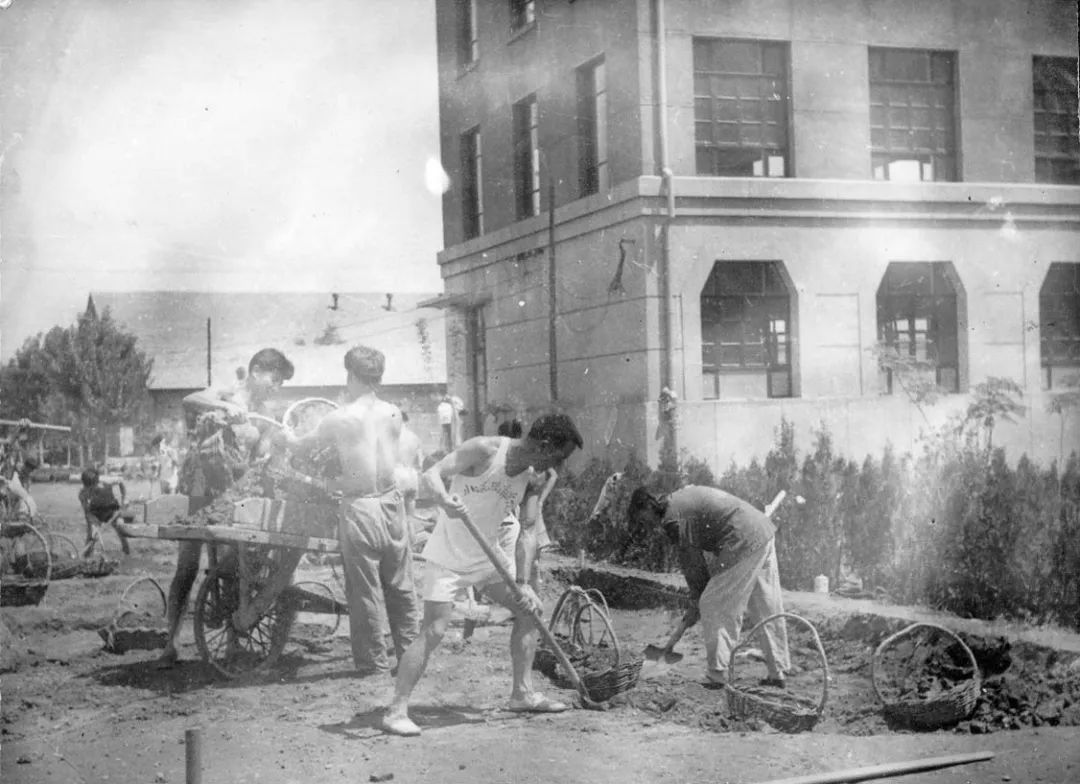
The College was originally located at the Beach Charm in Beijing, the once-main campus of Peking University and moved to Xueyuan Road.
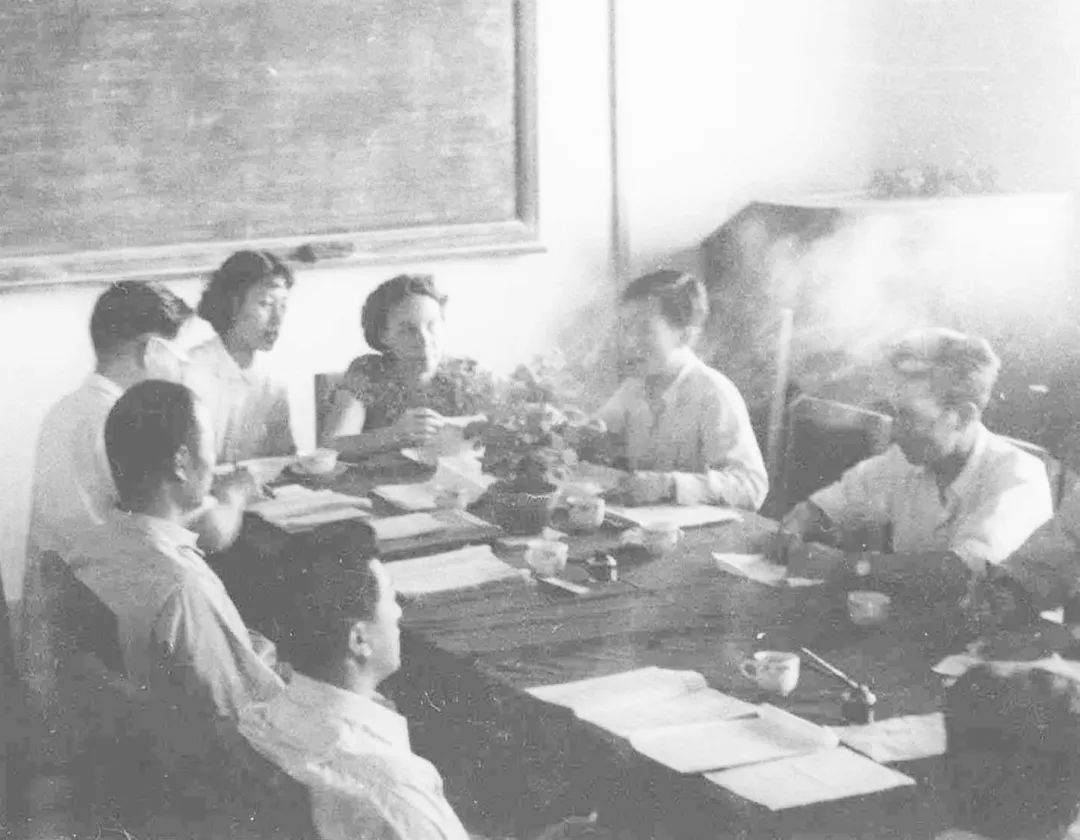
The College welcomed its first 75 graduate students.

The College became one of the nation's key colleges.

The College was reopened after being suspended during the Cultural Revolution.
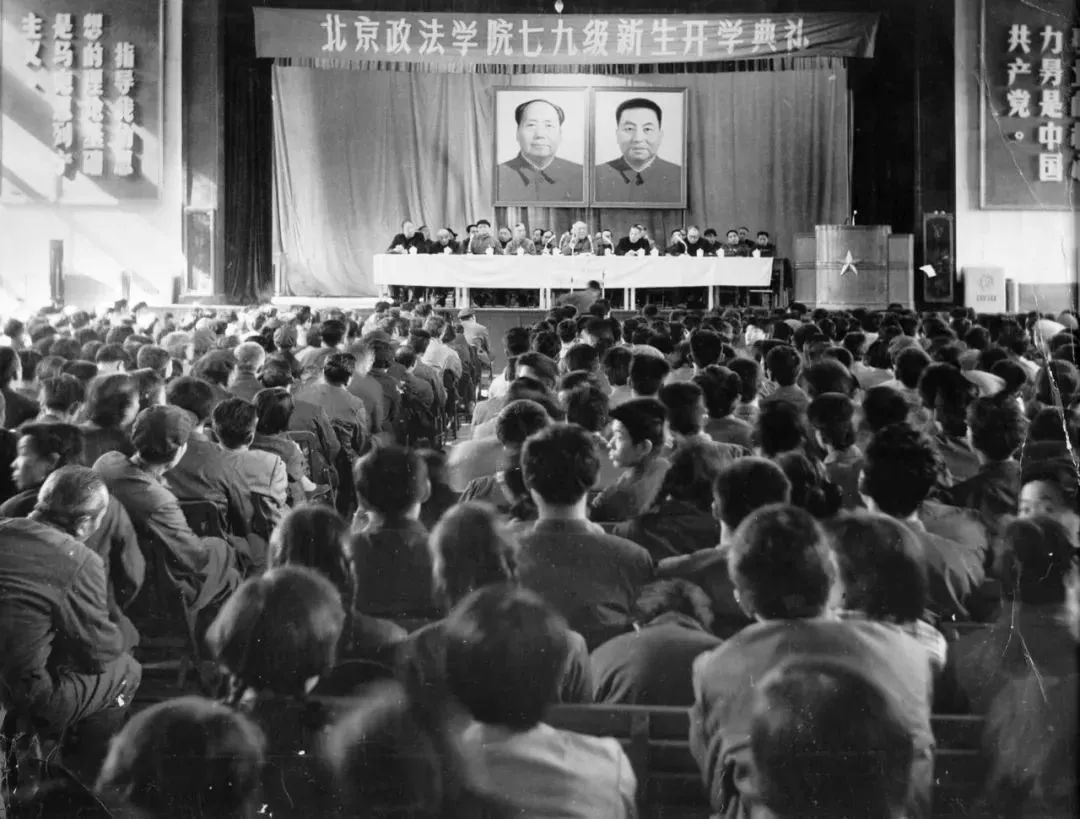
The College began to enroll students through the National Entrance Examination. A total of 403 undergraduates and 35 postgraduates were enrolled.

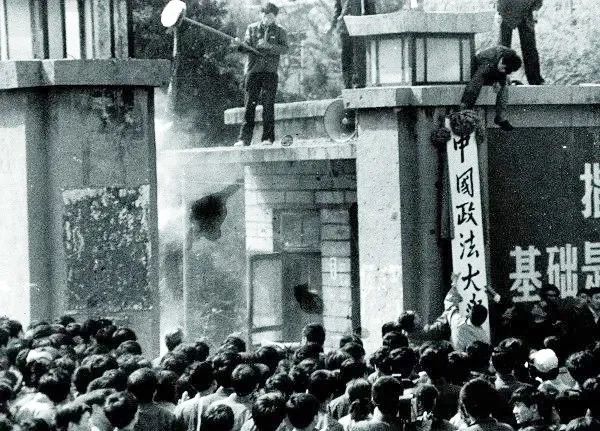
Merged with the Central Cadres’ College of Science, the College was subsequently renamed China University of Political Science and Law (CUPL). The then Chinese leader, Mr. Deng Xiaoping, donanted his own handwriting of the school’s name.
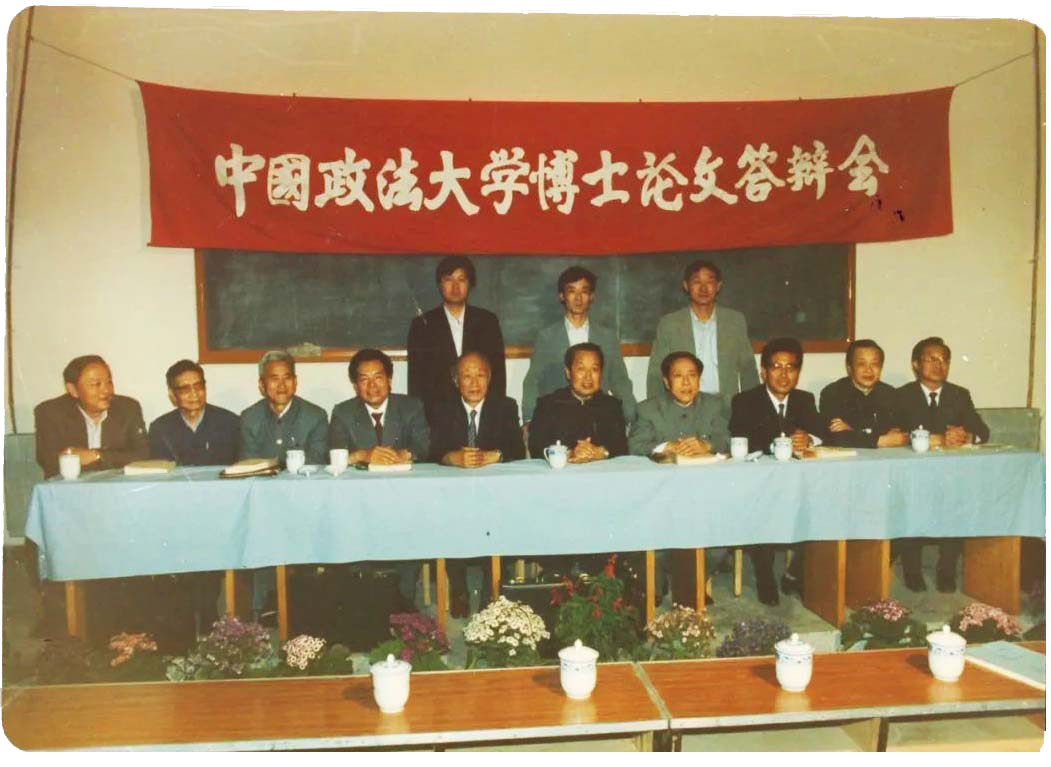
CUPL added Ph.D. in law programs, which prepared the first cohort of Ph.D. graduates cultivated domestically since the founding of the People’s Republic of China in 1949.
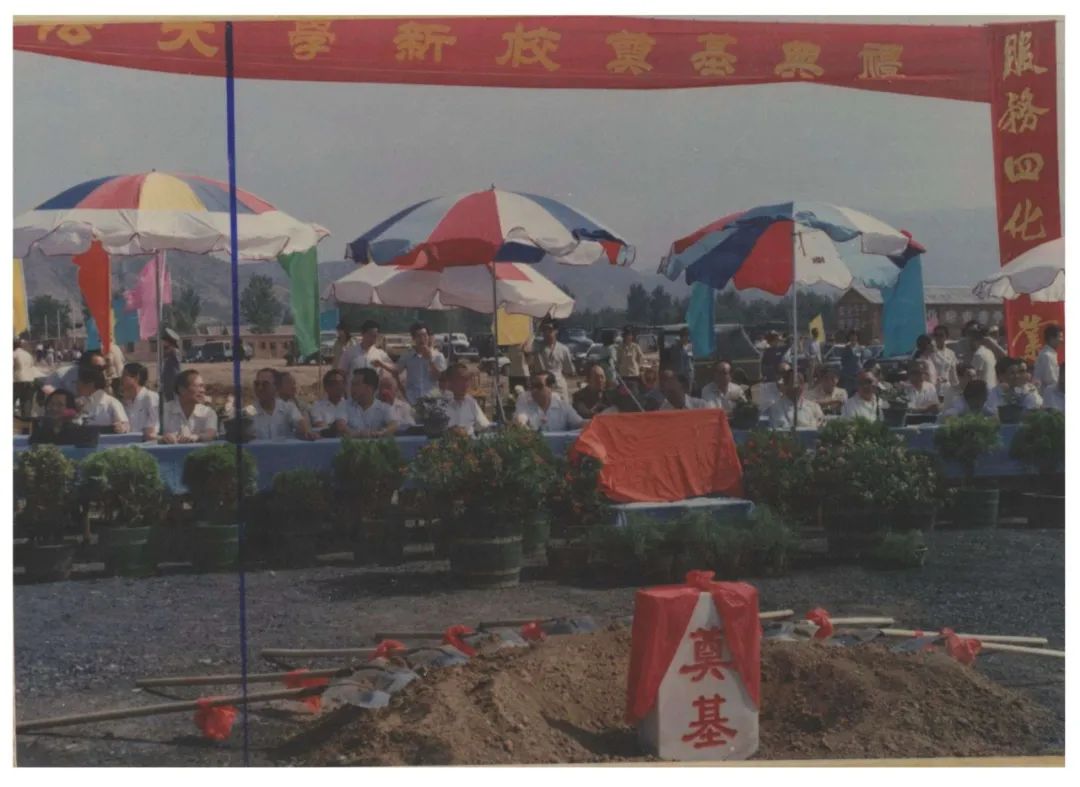
The construction of the new campus of CUPL in Changping District was started. CUPL was approved by the State to establish the first doctoral program in procedural law in China. The Fada Institute of Forensic Medicine & Science, the first university forensic appraisal institution obtaining national accreditation and qualification, was founded the same year.
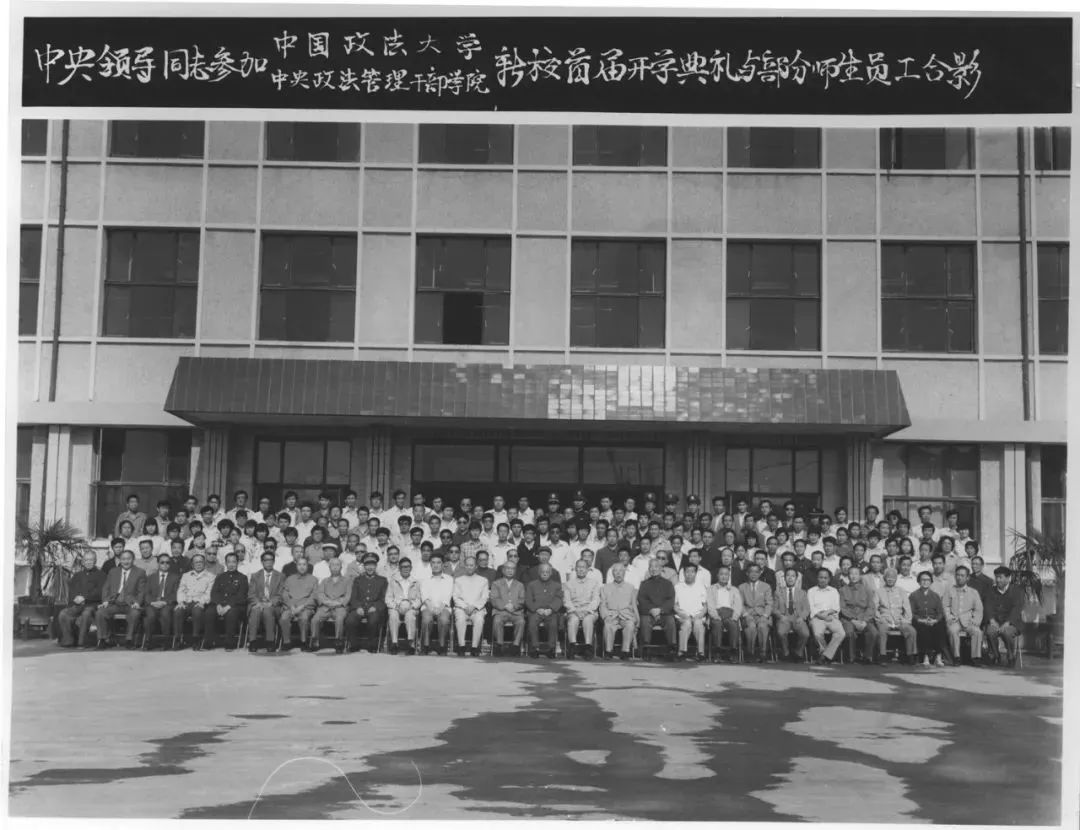
CUPL started to enroll doctoral students in International Economic Law and Criminal Procedural Law. The Changping Campus welcomed the first group of students. The 800 undergraduates and 700 junior college students admitted that year registered at the Changping Campus.

All undergraduate students were transferred to the Changping campus.
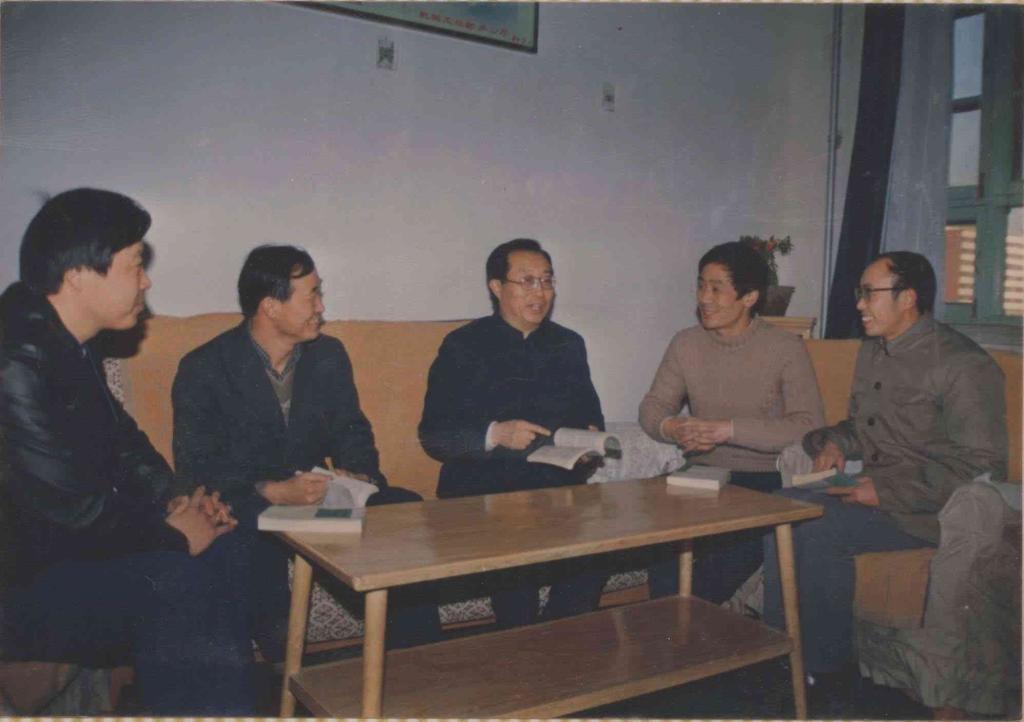
The Ph.D. program in Civil Law was added.
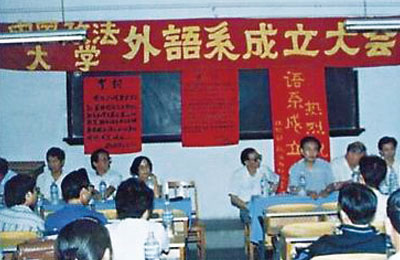
The Department of Foreign Languages was established. CUPL obtained the permission from the State Education Commission to admit foreign students. The first cohort of 12 international students and students from Hong Kong, Macao and Taiwan were admitted that year.

On May 18, Li Lanqing, then member of the Political Bureau of the CPC Central Committee and Vice Premier of the State Council, visited the Changping Campus.
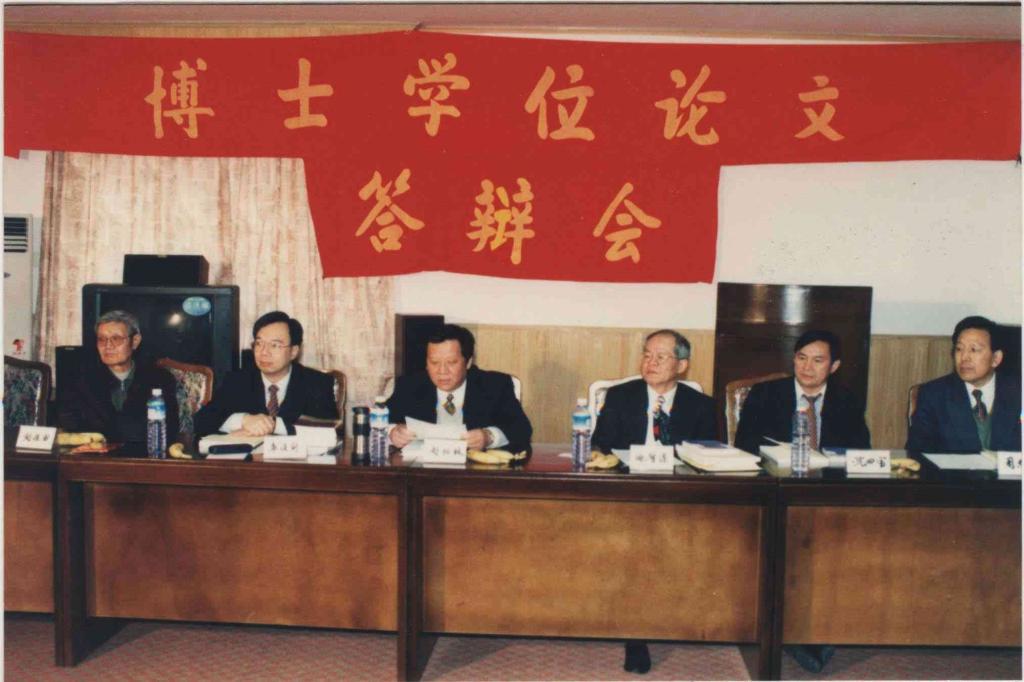
CUPL awarded a Ph.D. degree in Law to a Taiwan student for the first time and the first Ph.D. degree in Foreign Law in the mainland of China.
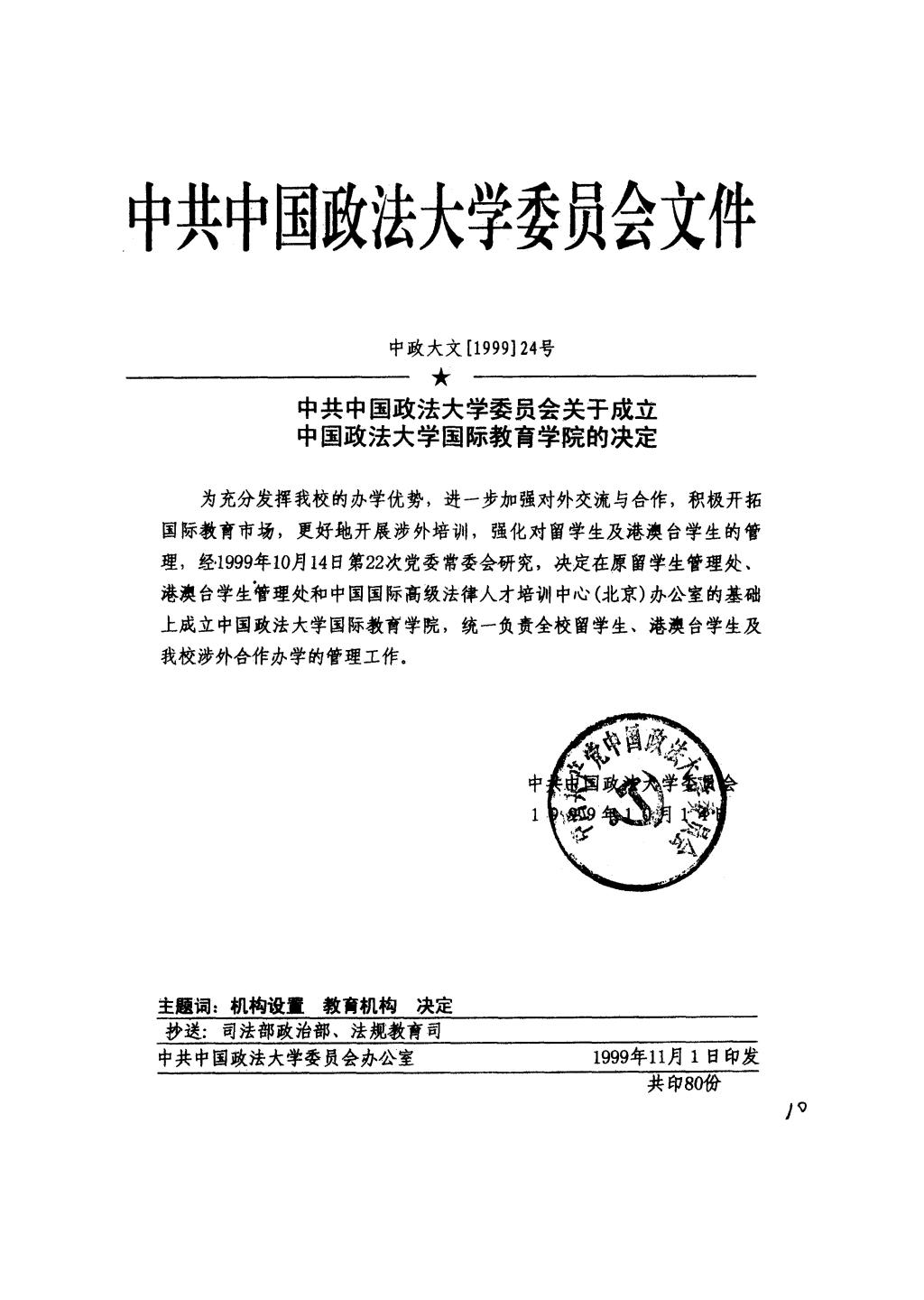
The School of International Education of CUPL was established.
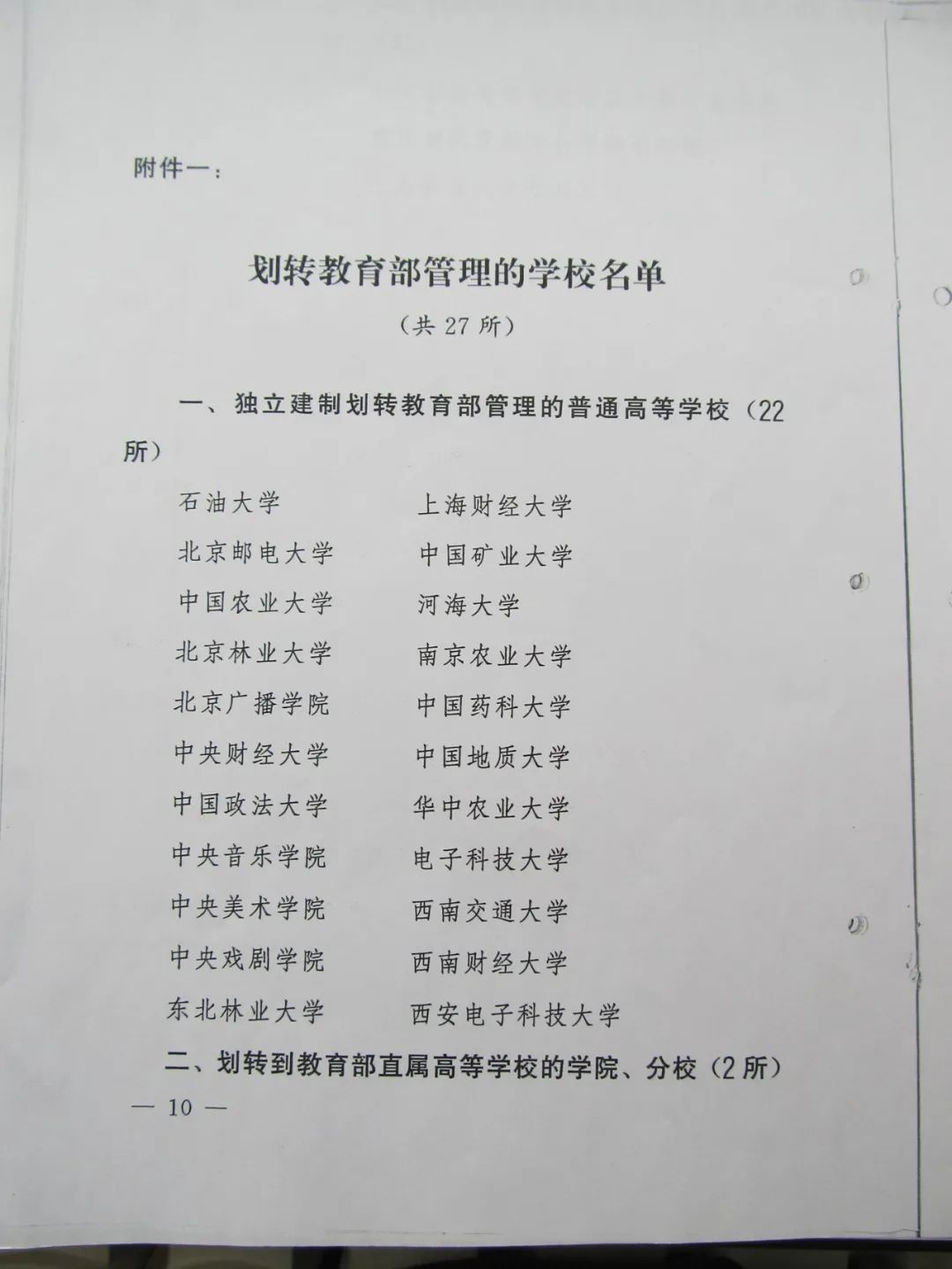
CUPL, once led by the Ministry of Justice, was administered by the Ministry of Education.
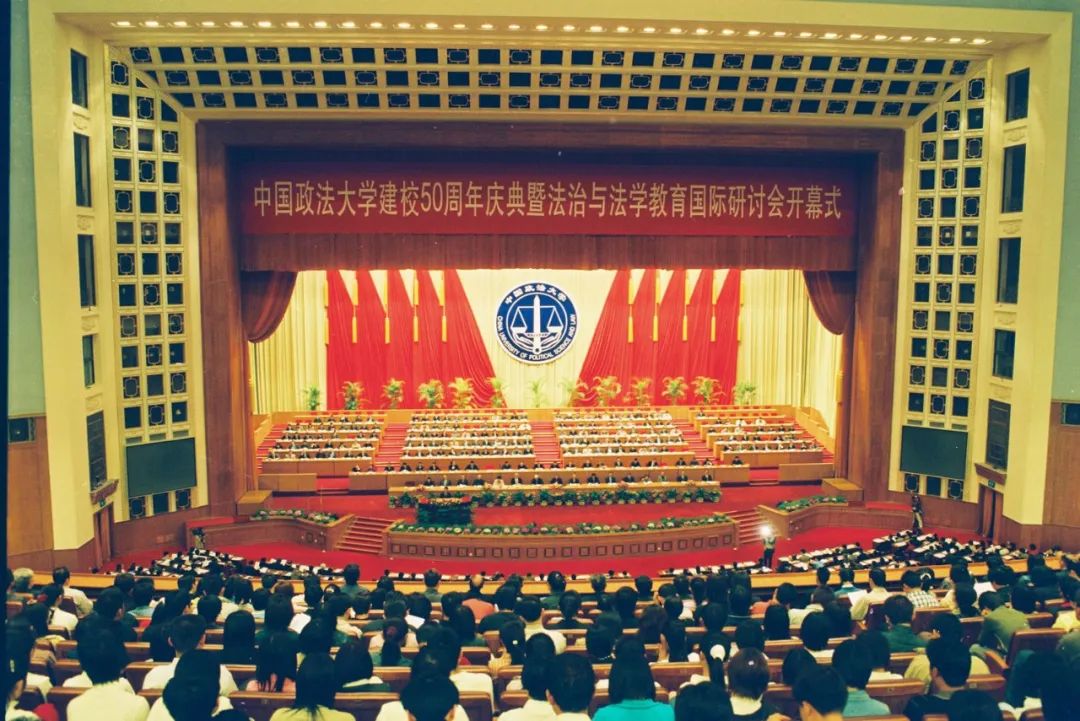
Five new majors of Philosophy, Economics, Legal Journalism, International Politics, and Public Administration began to enroll students. On May 5, the celebration of CUPL’s 50th birthday and the International Conference of Legal Education were held at the Great Hall of the People in Beijing.
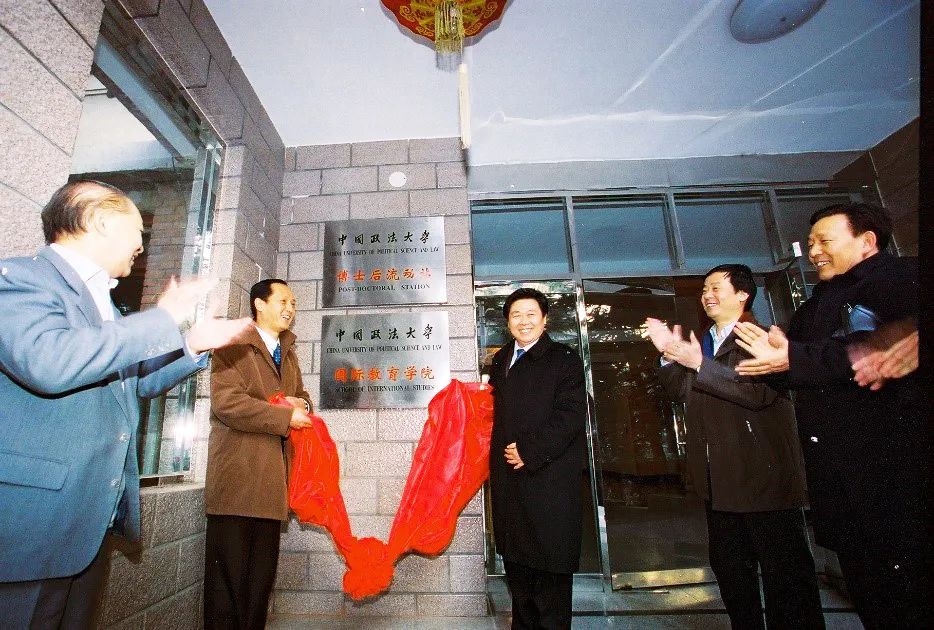
Two new majors, i.e., Chinese Language and Literature and International Business, were established. The first-level doctoral program in Law and the second-level doctoral program in Political Science Theory were added. The Postdoctoral Station of CUPL was established.

Two new majors, i.e., Ideological and Political Education and German, were established. The Institute for Legal History was listed as a national key research base.
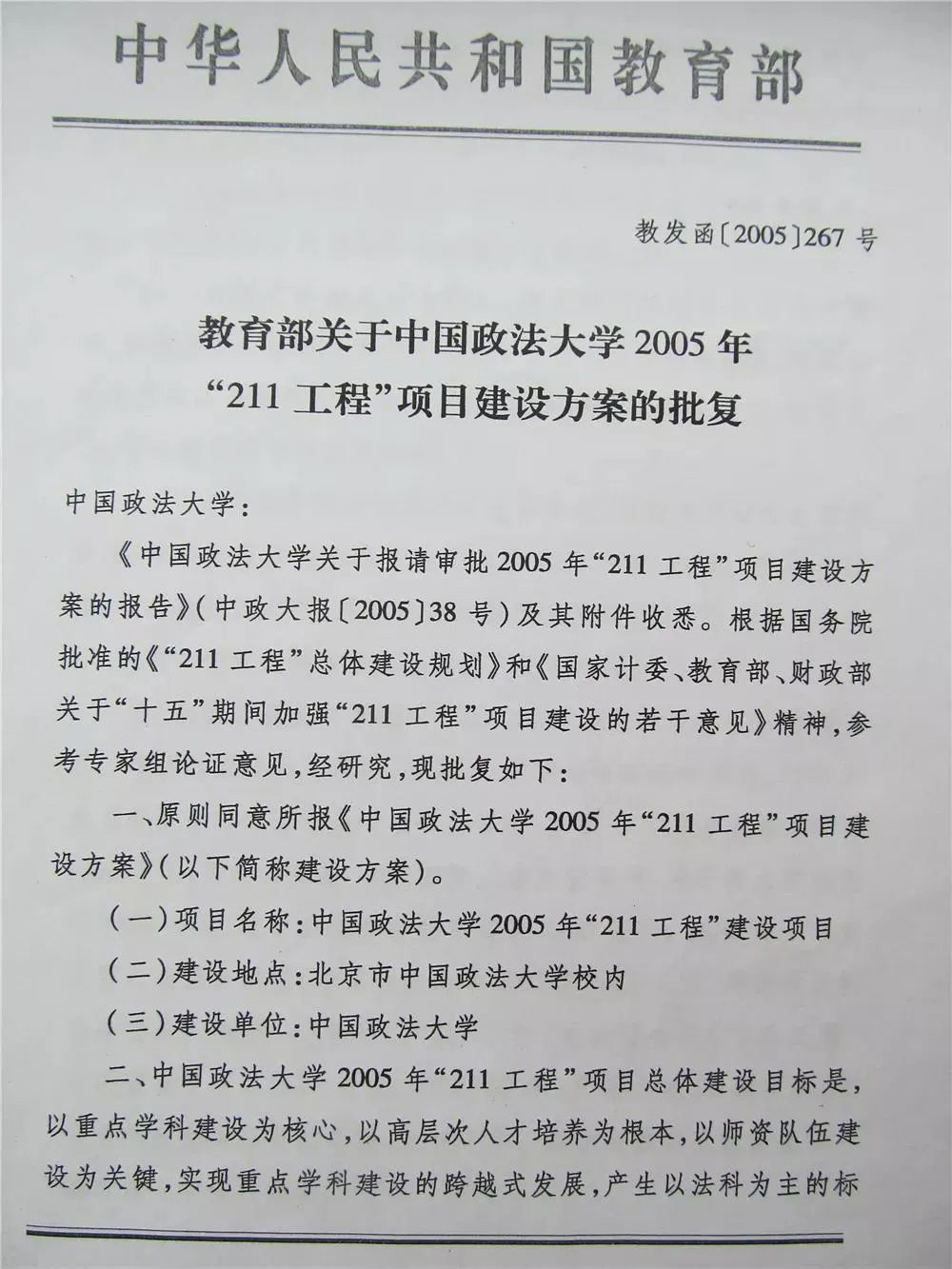
The Ministry of Education approved CUPL as a key university listed under Project 211. The first School of Juris Master in China was established by CUPL.
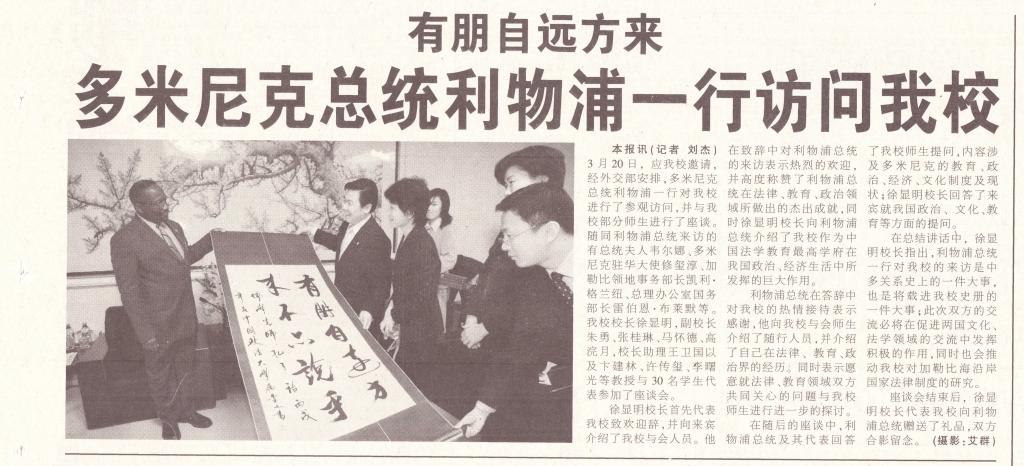
The Institute of Evidence Law and Forensic Science, the first such institute in China, was set up at CUPL. The School of Law-based Government, a Beijing Municipal Key Research Base for Philosophy and Social Sciences, was unveiled. CUPL and the International Confucian Association signed an agreement to establish the International Confucian Academy at CUPL. CUPL received for the first time a foreign head of state, Nicholas Liverpool, President of Dominica and his delegation.

The first-level discipline of law of CUPL was identified as a national key discipline. The postdoctoral station for the first-level discipline of political science was approved by the State. CUPL’s undergraduate teaching was rated "Distinction" by the Ministry of Education.
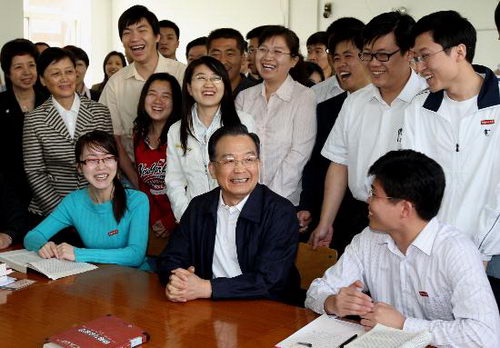
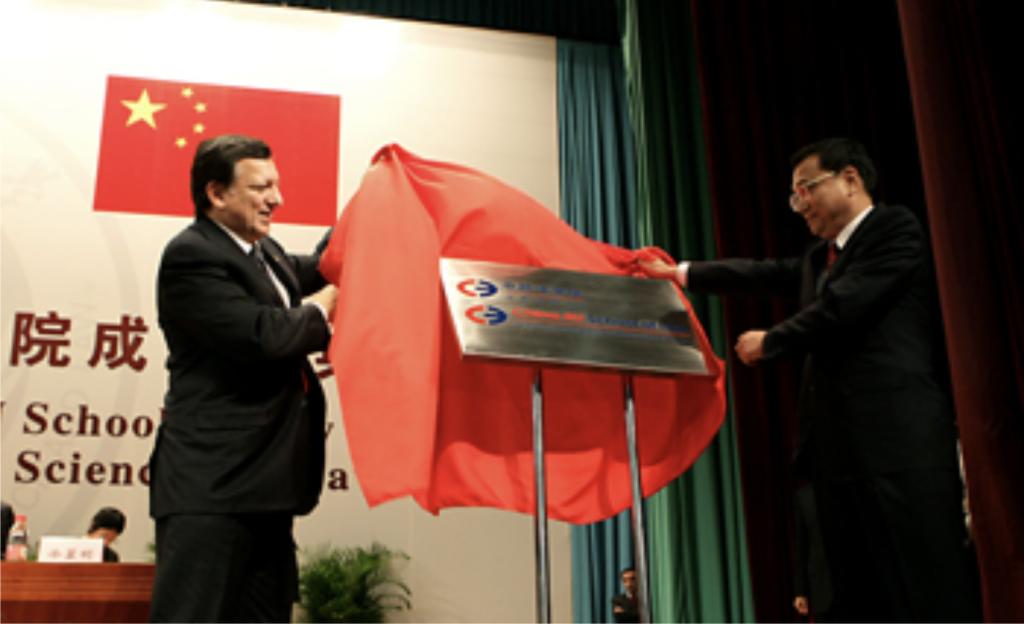
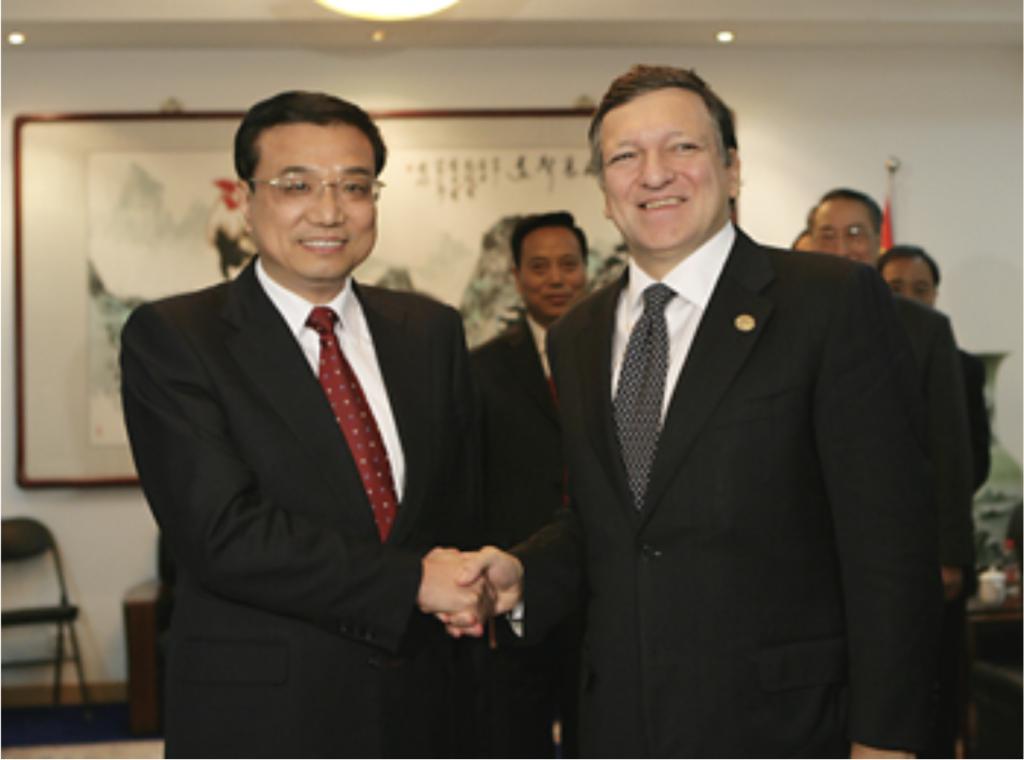
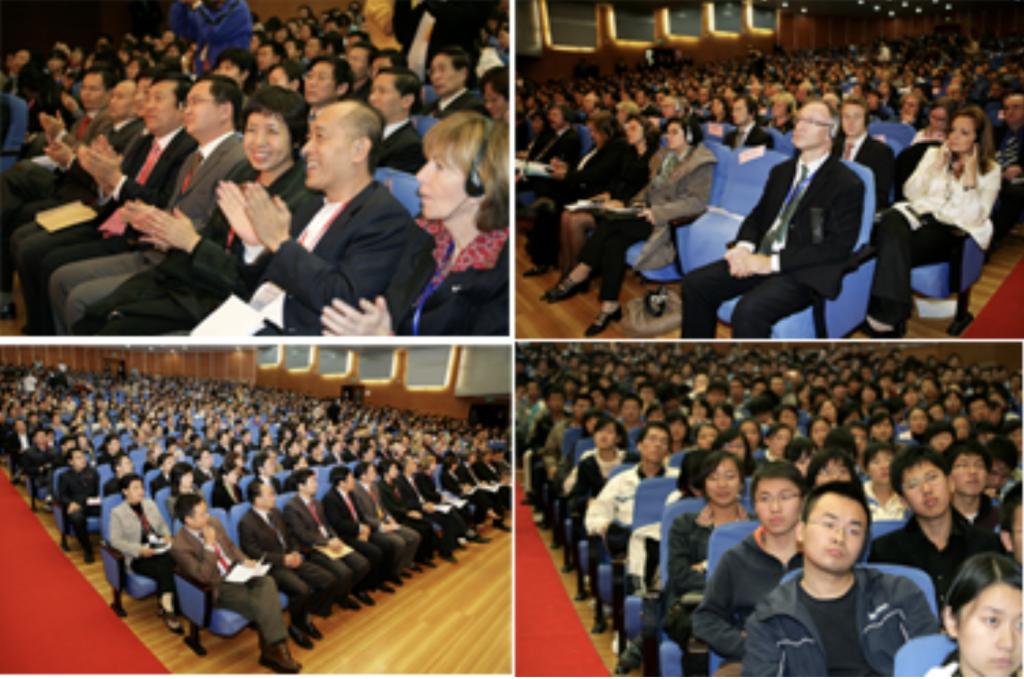
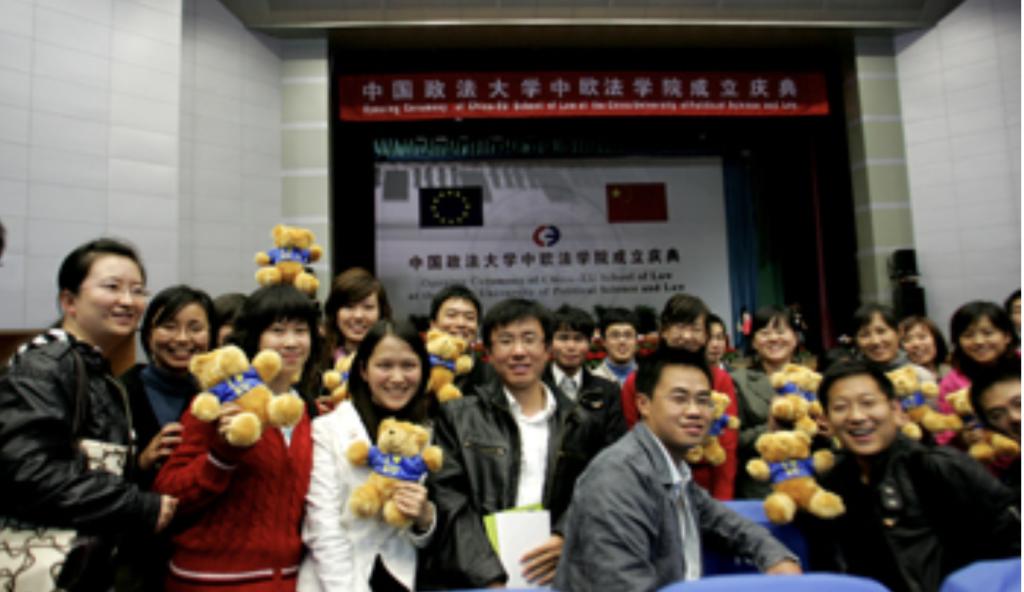
On May 4, Wen Jiabao, then the member of the Standing Committee of the Political Bureau of the CPC Central Committee and Premier of the State Council, visited CUPL and had lunch with students and teachers. On October 23, the China-EU School of Law of CUPL was unveiled. The opening ceremony took place in the presence of Li Keqiang, then the member of the Standing Committee of the Political Bureau of the CPC Central Committee and Vice Premier of the State Council, and Jose Manuel Barroso, then the President of the European Commission. World Economy, Political Science Theory, Chinese Marxism, and Law and Economics, were approved as key disciplines in Beijing.
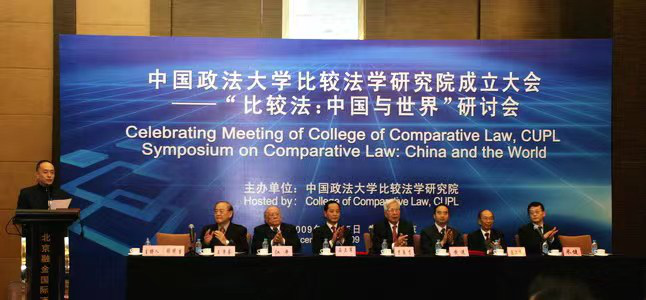
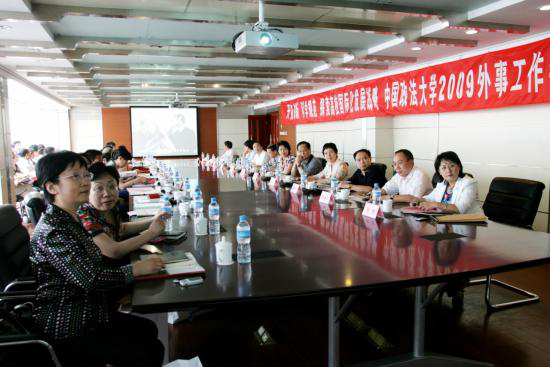
The MBA program of CUPL was approved. The university offered three professional Masters’ Degrees of MPA, MBA and JM. CUPL convened a meeting on foreign affairs, marking the debut of the university’s internationalization strategy. The College of Comparative Law of CUPL was established.
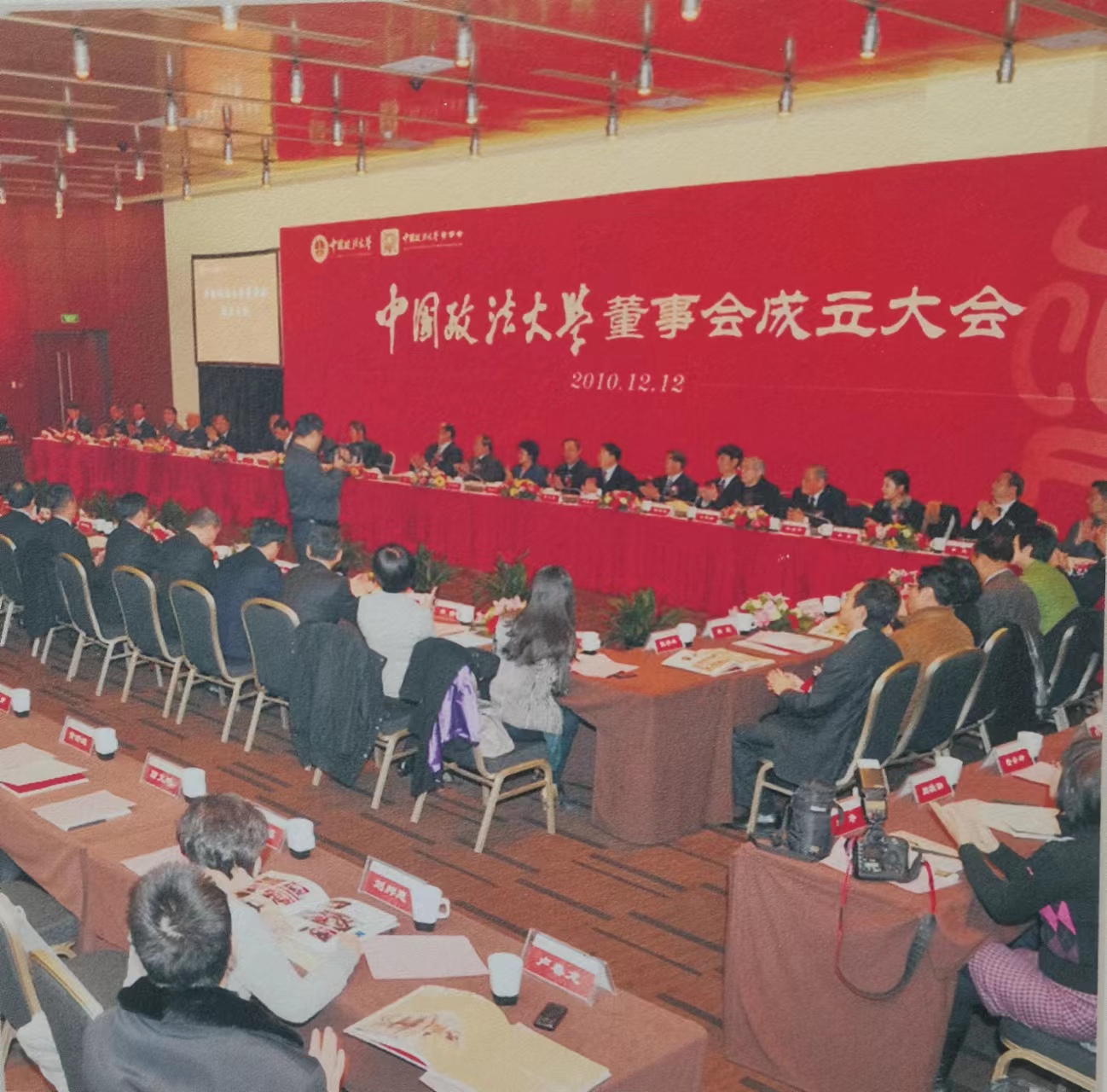
The Board of CUPL was established. Chinese and Foreign Political Systems and Evidence Science were approved as key disciplines in Beijing. The Fada Institute of Forensic Medicine & Science was identified as a National Judicial Authentication Institution.
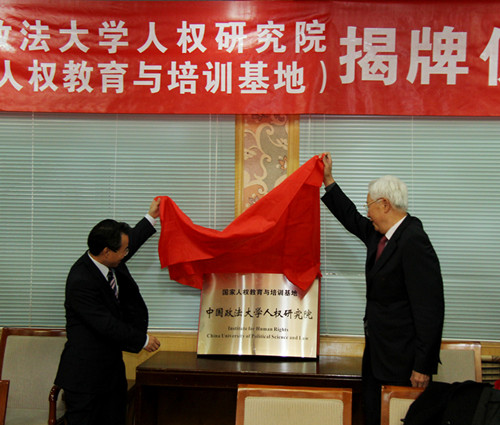
CUPL was listed under Project 985 Strength Discipline Innovation Platform. CUPL was approved by the State to establish one of the first National Bases for Human Rights Education and Training in China.
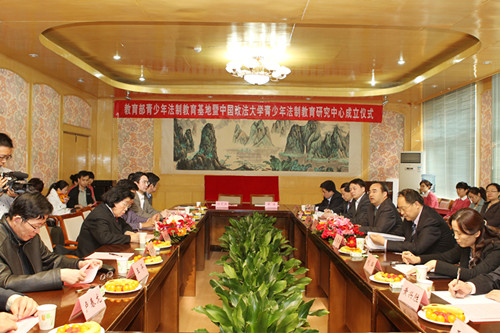
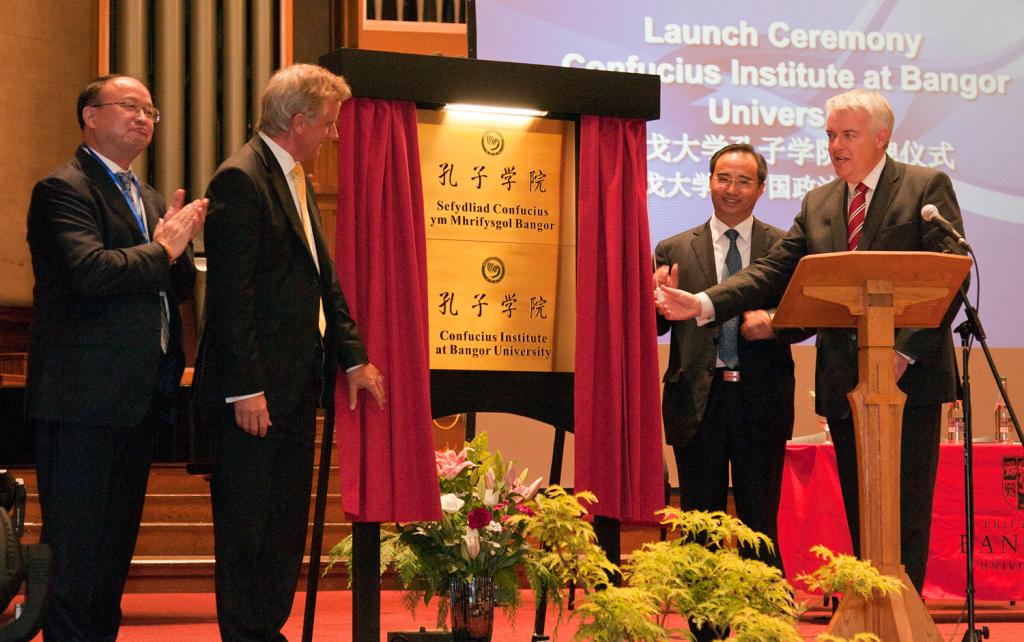
The Ministry of Education set up the first national legal education base, the Juvenile Legal Education Base of the Ministry of Education, at CUPL. The first-level discipline of political science of CUPL was identified as a municipal key discipline in Beijing. The Confucius Institute at Bangor University, UK co-operated by CUPL and Bangor University was established.
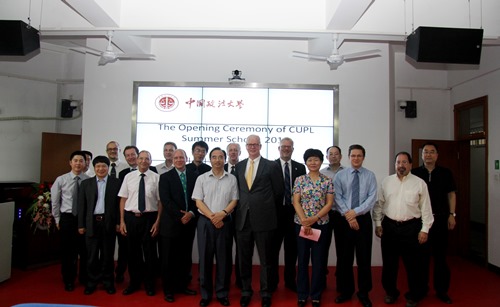
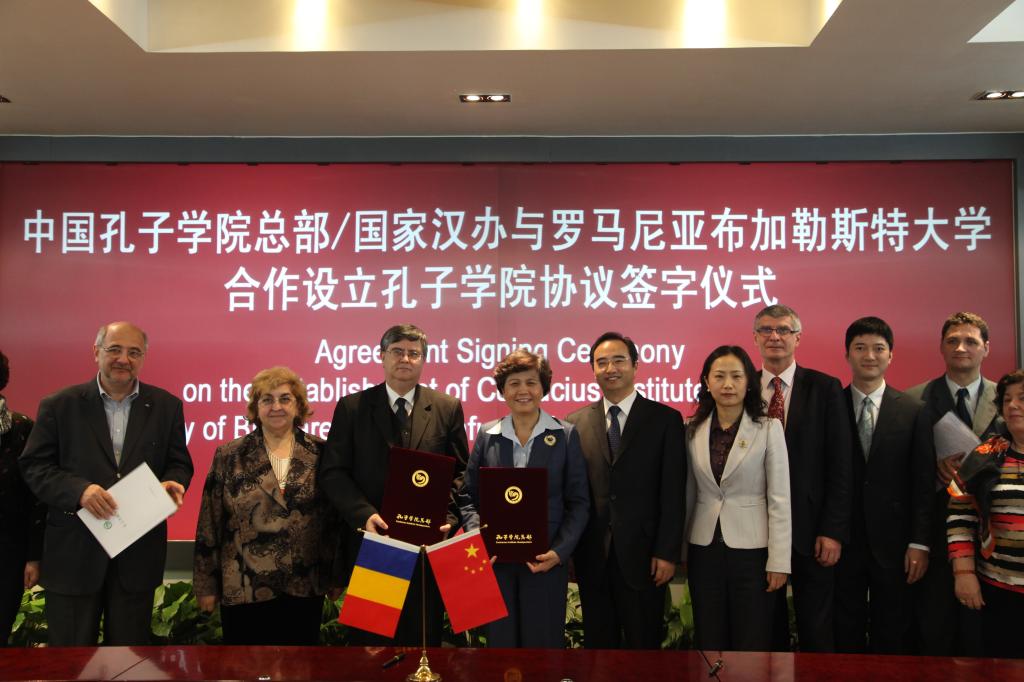
In 2013, the International Summer Semester was added. The Confucius Institute at the University of Bucharest, Romania co-operated by CUPL and the University of Bucharest was established. CUPL joined the Law Schools Global League. The Collaborative Innovation Center of Judicial Civilization, initiated and co-founded by CUPL and other universities in China, became one of the first 14 national collaborative innovation centers. The Base for Evidence Science Innovation and Talent Recruitment at CUPL was listed under the Plan 111, i.e., the Program of Introducing Talents of Discipline to Universities, in 2014. This is the first time a law base was approved by Plan 111.
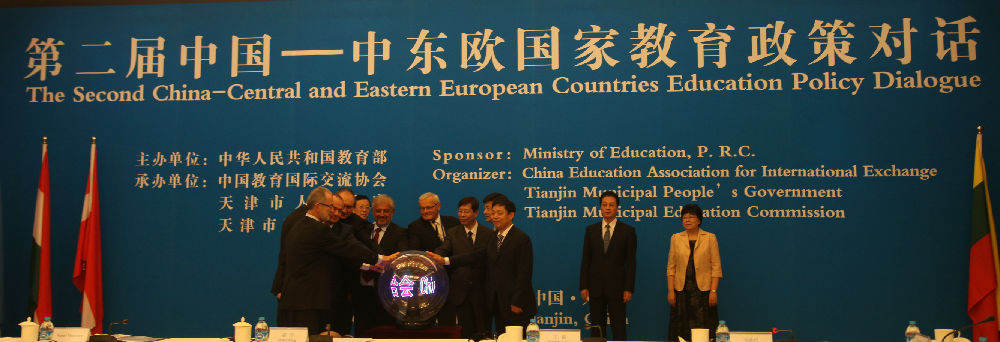
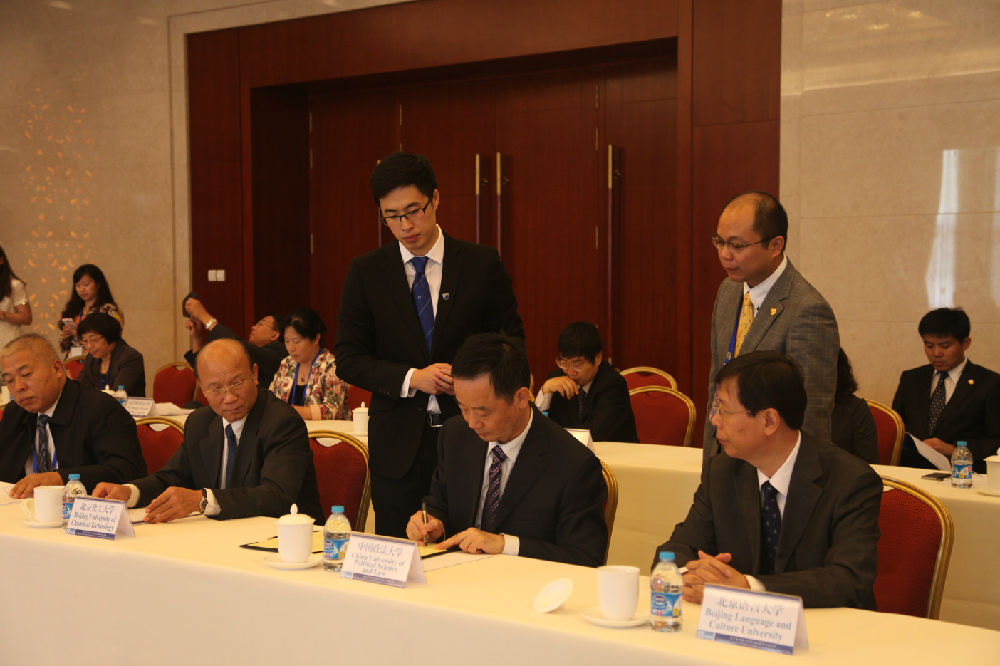
CUPL signed the Declaration on the Establishment of China-Central Eastern European Countries Higher Education Institutions Consortium, and became one of the first 14 domestic universities to join the Consortium. CUPL won first prize at the National Teaching Achievement Award Ceremony for the first time.
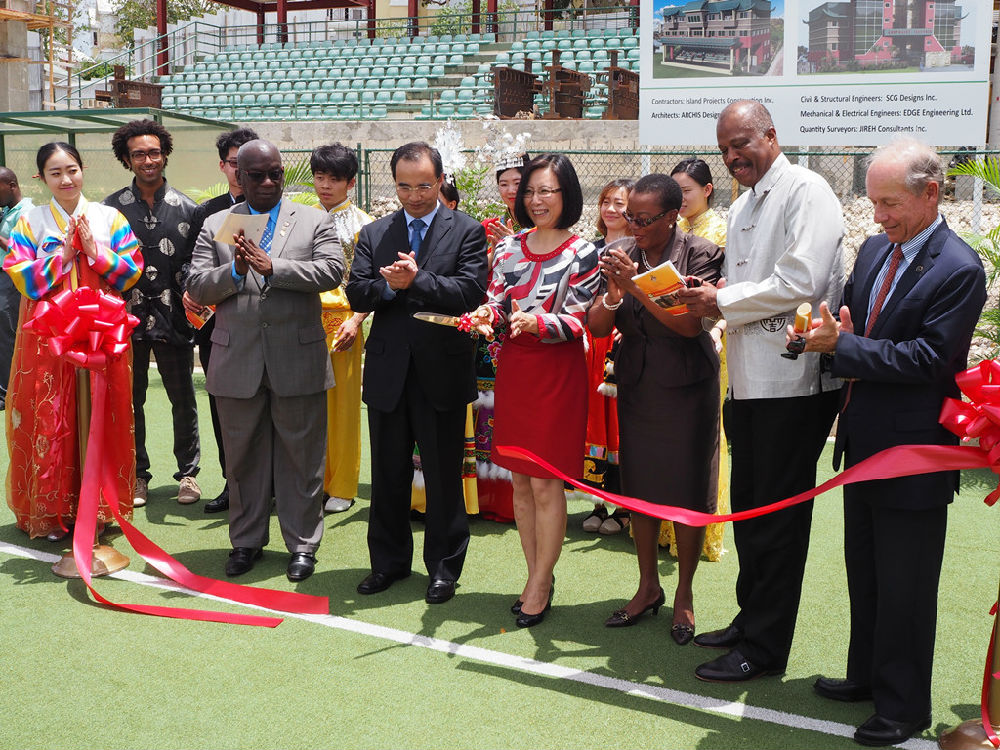
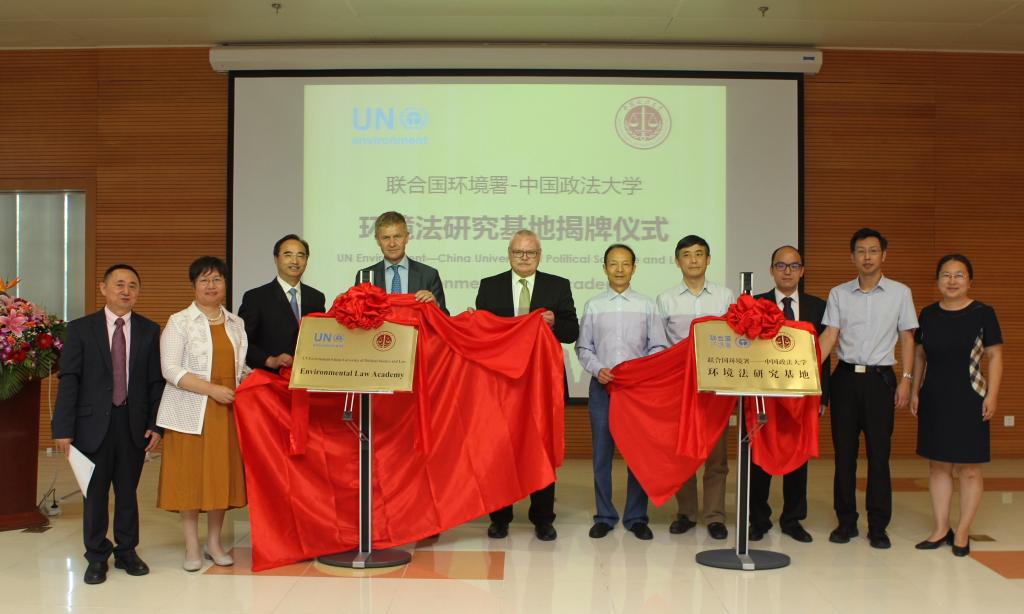
The Confucius Institute at the Cave Hill Campus of the University of the West Indies (UWI), Barbados co-operated by CUPL and UWI was established. CUPL and the United Nations Environment Programme (UNEP) established the first research institute of environmental law, the UNEP-CUPL Environmental Law Institute.
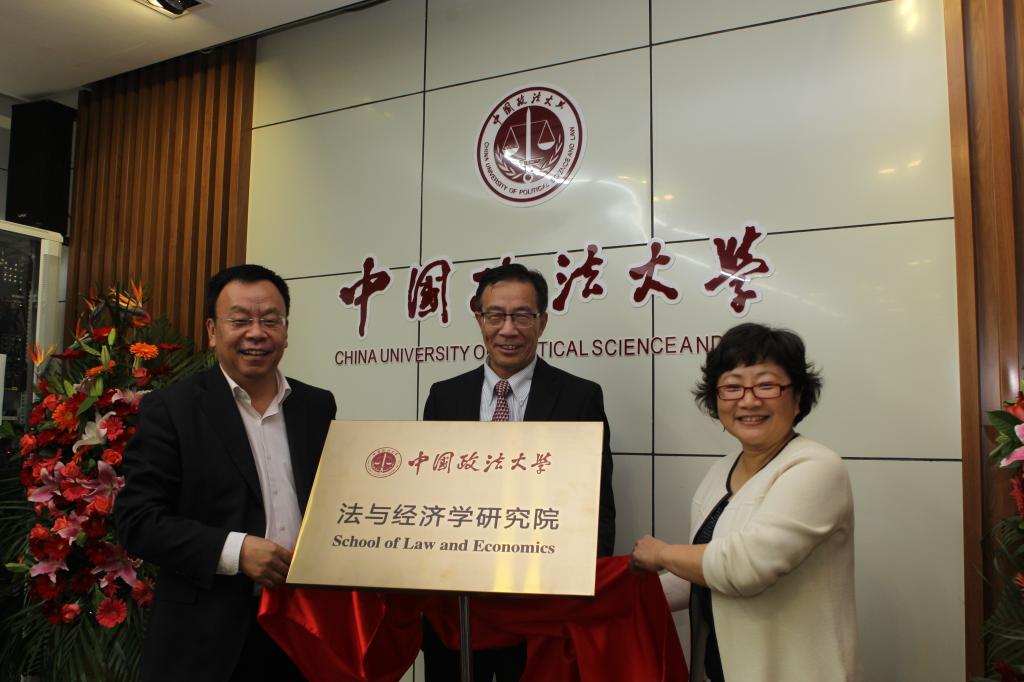

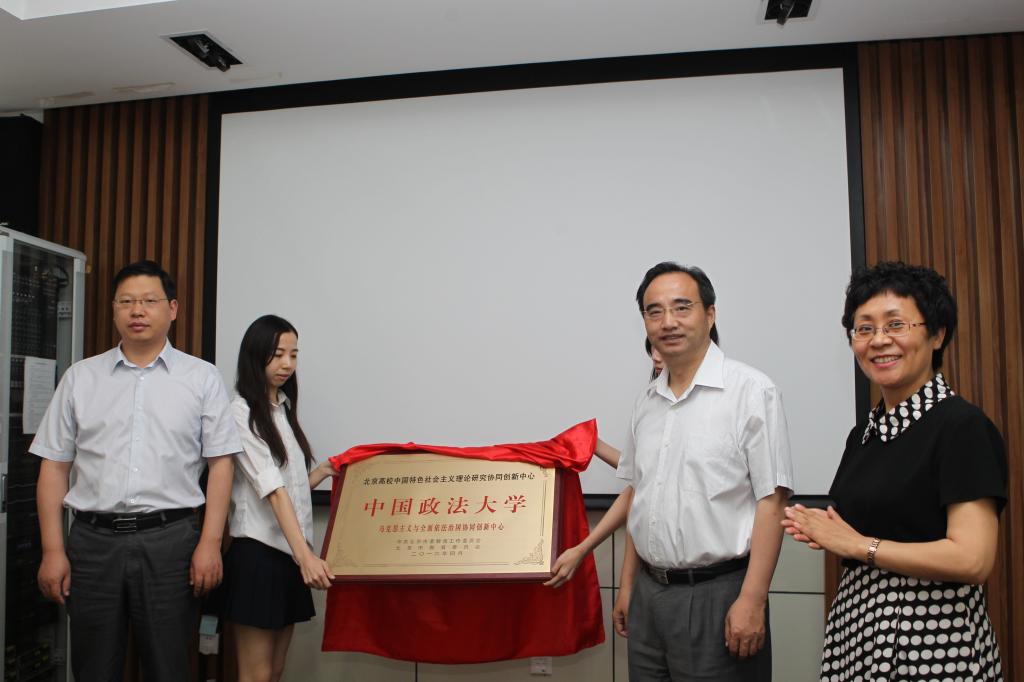

The Spanish Legal Professional Program was selected by the China Scholarship Council as the International Cooperative Training Program for Innovative Talents. CUPL launched the Institute of State Governance, the Collaborative Innovation Center of Marxism and Comprehensive Rule of Law, the School of Law and Economics, the Institute of Institutional Studies, the Institute of Green Development Strategies, the first National Institute of Petition Letter Data Lab, the Belt and Road Legal Research Center, and other self-funded research institutes. CUPL signed a memorandum of cooperation with the International Finance Corporation (IFC), a member of the World Bank Group, on talent training and internship.
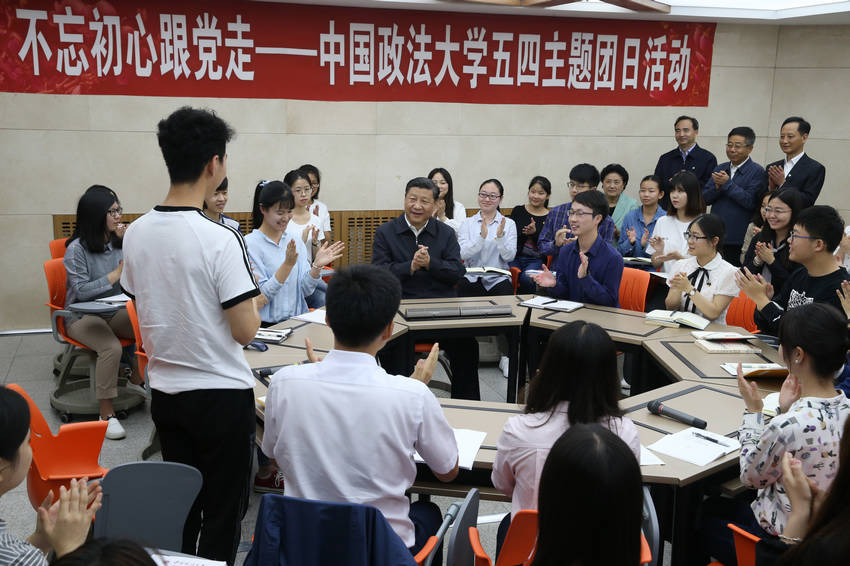
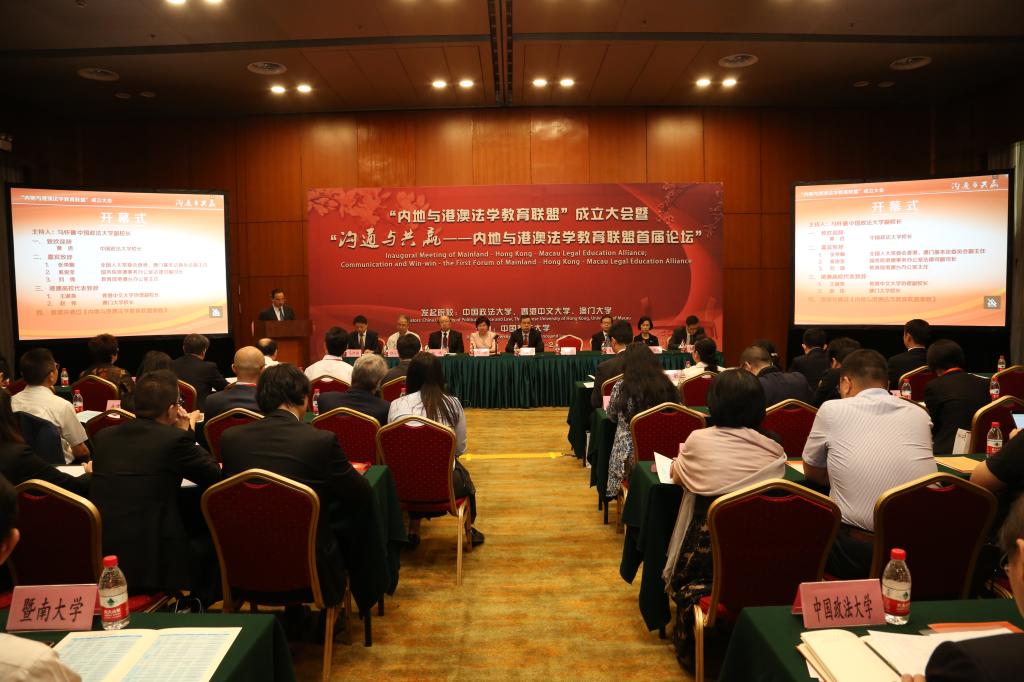
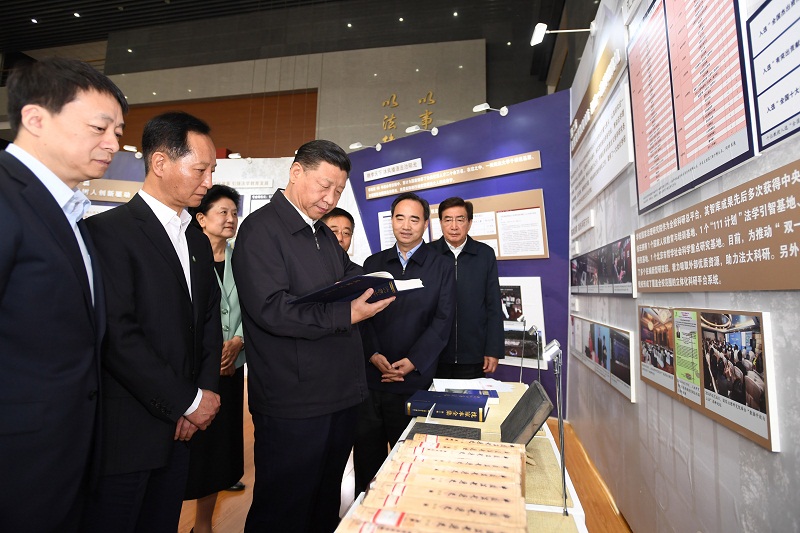
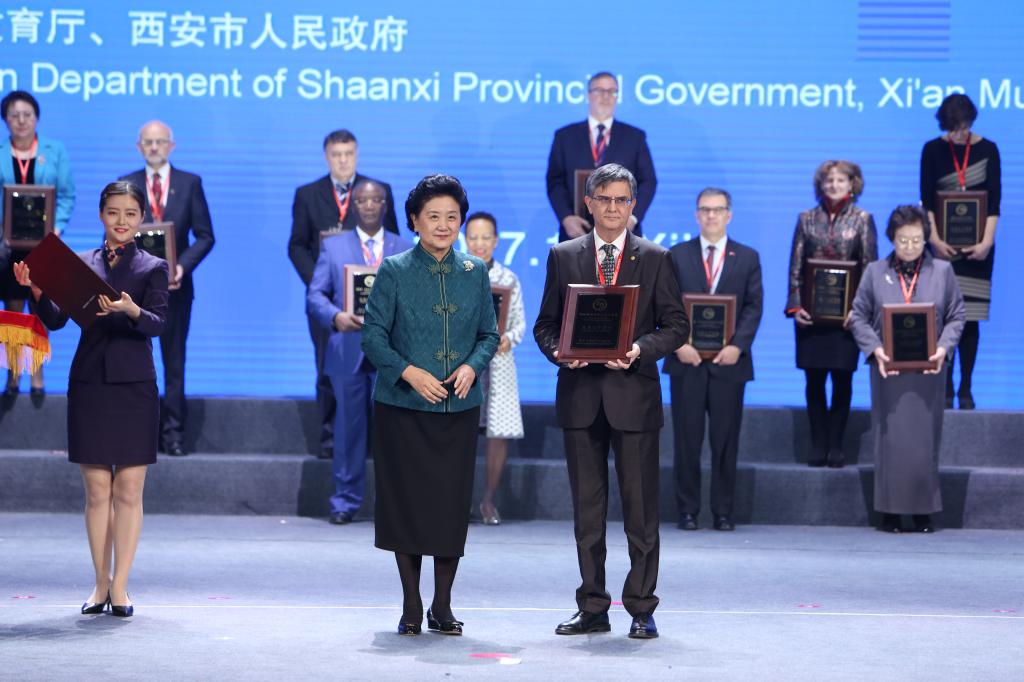
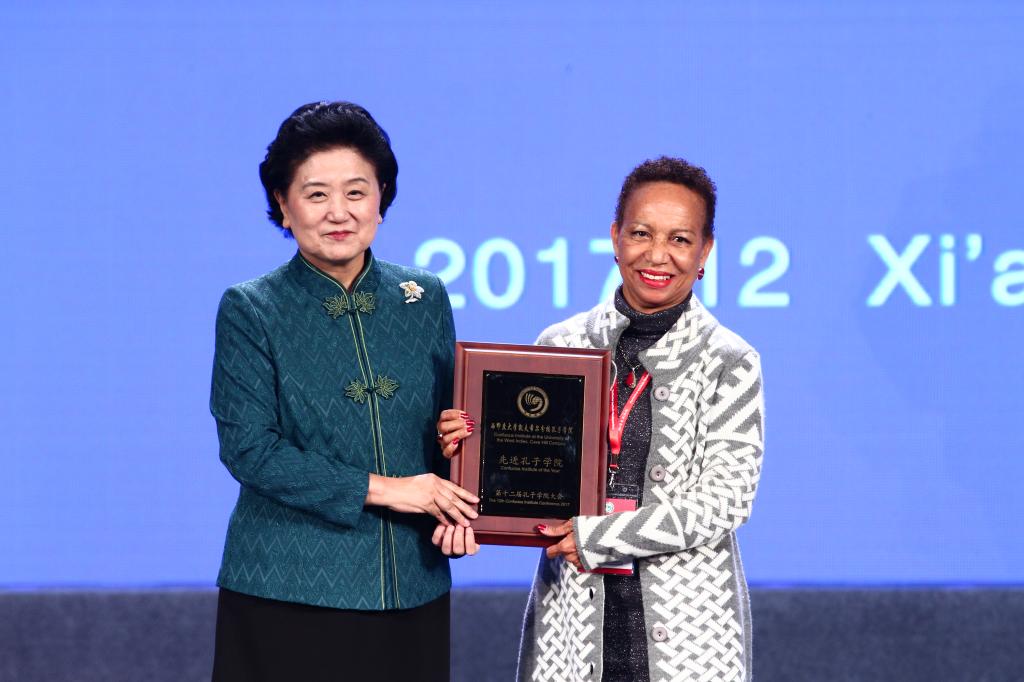
On May 3, Chinese President Xi Jinping, also General Secretary of the CPC Central Committee and Chairman of the Central Military Commission, visited CUPL and delivered an important speech. CUPL was listed as a world-class university and the Law Discipline as a first-class discipline under the "Double First-Class" initiative. In the fourth round of the China Discipline Assessment, organized by the Ministry of Education, the discipline of law was rated A+. The Mainland - Hong Kong - Macao Law Education Alliance was initiated by CUPL. Two Confucius Institutes (CIs) of CUPL, the CI at the University of Bucharest, Romania and the CI at the Cave Hill Campus of the University of the West Indies, Barbados, were honored “Confucius Institute of the Year”. A new Chinese Language program for undergraduates was added and began to admit international students.
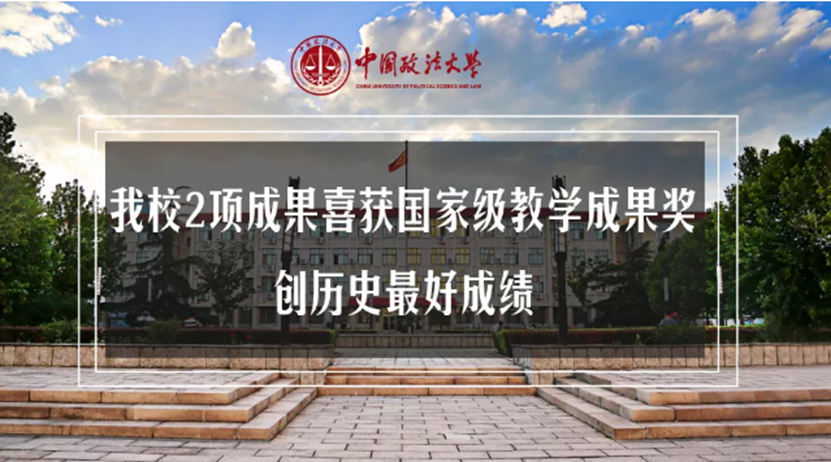
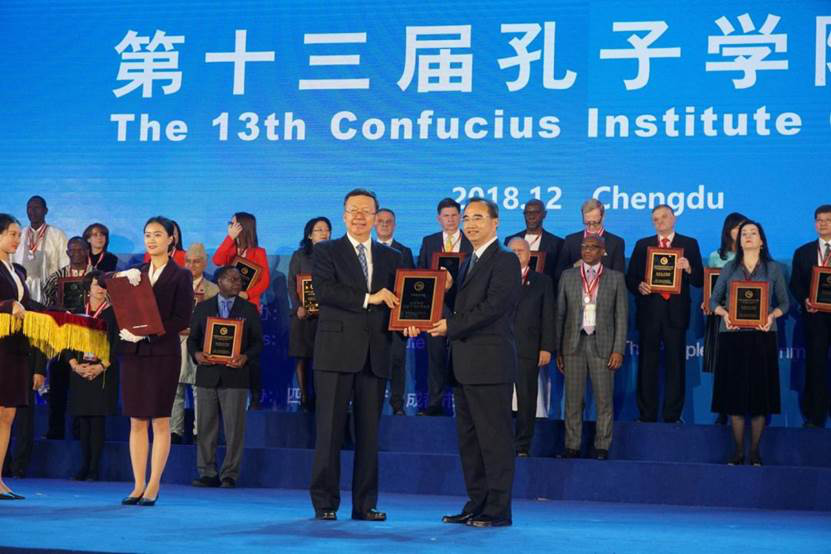

The Base for Rule of Law and Global Governance was the second CUPL base approved by the Ministry of Education and the Ministry of Science and Technology to be listed under Plan 111. CUPL established the Belt and Road Initiative Talent Education and Legal Research Institute. CUPL won two national Teaching Achievement Awards. CUPL was awarded the “Outstanding Chinese Cooperative Institution” at the 13th Confucius Institute Conference.

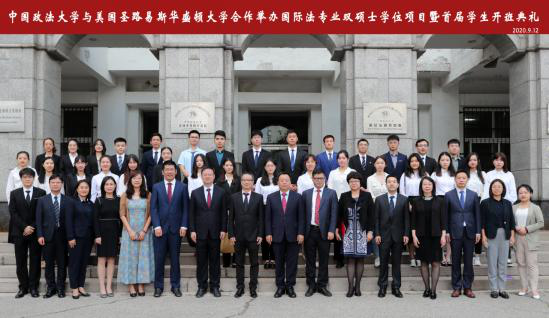
CUPL and Washington University in St. Louis, USA, launched the Joint Collaboration of School Operating Double Master Program in International Law. CUPL joined the Asian Law Institute. Six undergraduate programs, Law, Political Science and Administration, Administrative Management, Sociology, Ideological and Political Education, and Journalism, were selected as the first batch of construction sites for the national first-class undergraduate majors.
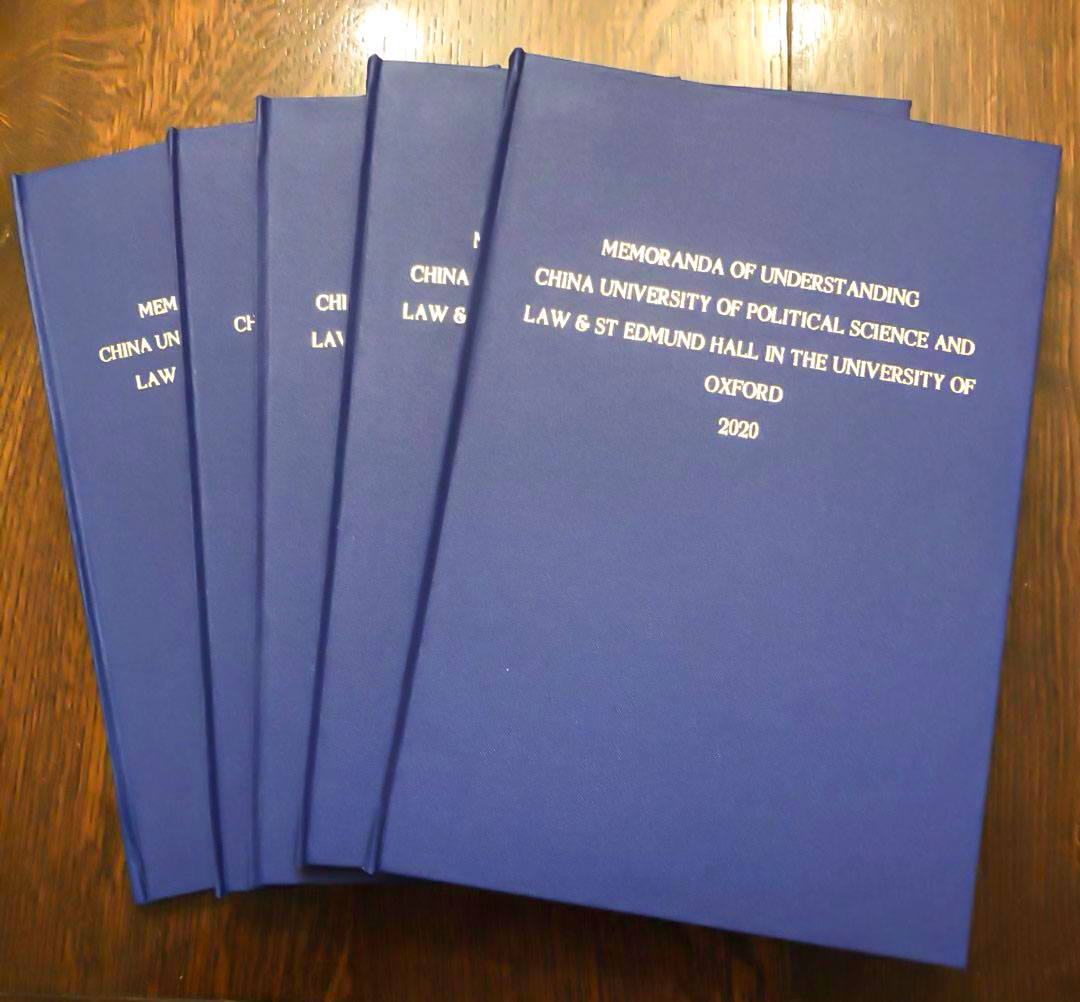
CUPL and St Edmund Hall, University of Oxford, signed a cooperation agreement.
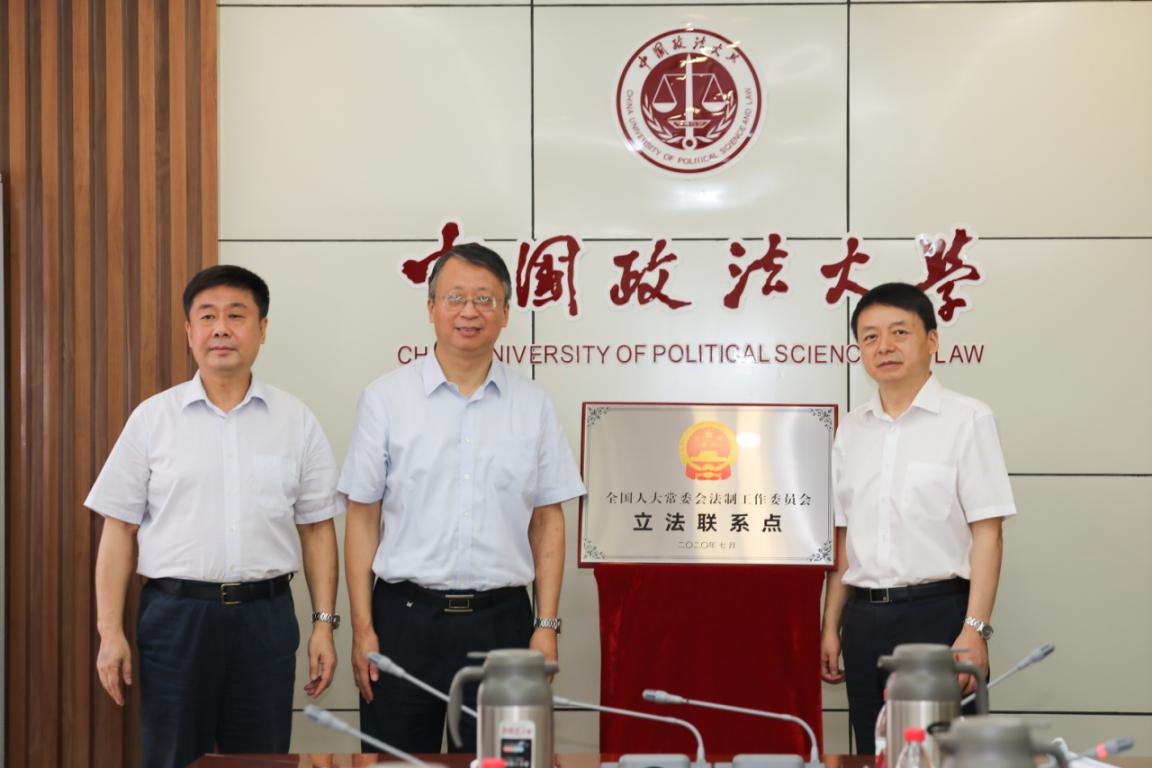
The Legislative Affairs Committee of the Standing Committee of the National People’s Congress set up the only “legislative contact point” in CUPL.
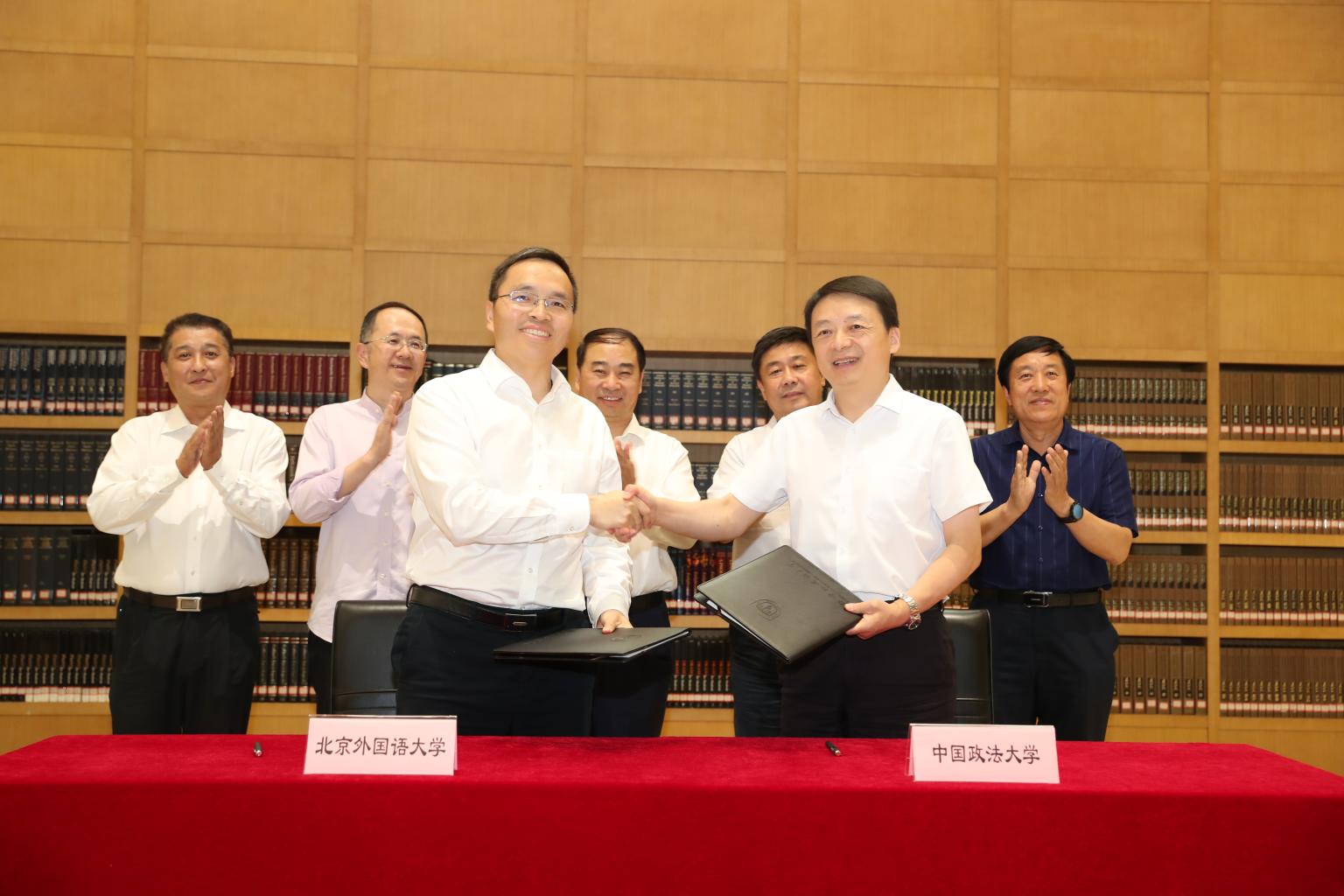
CUPL and Beijing Foreign Studies University, launched a Joint Bachelor's Plus Master's Program for International Legal Talents to train high-end foreign-related legal talents mastering both law and foreign language. The Ministry of Education and the Beijing Municipal People's Government decided to co-sponsor CUPL. Two new undergraduate majors, i.e., French and Information and Computing Science, were added.
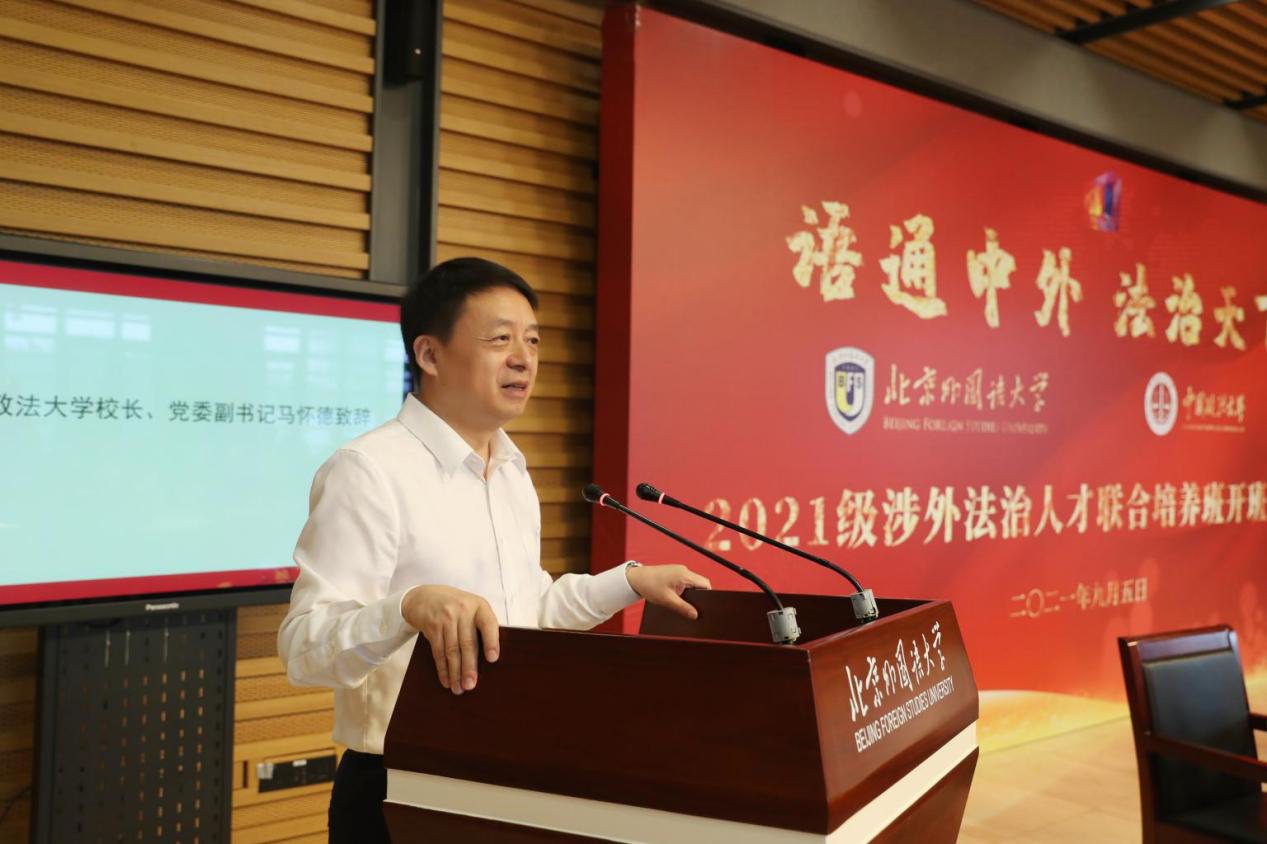
The “Master Plus Ph.D.” degree option was piloted for selected disciplines and rules were set for selecting outstanding students to apply for the Ph.D. program after completing a bachelor’s degree program. CUPL and the Commission for Political and Legal Affairs of the Communist Party of China Central Committee signed an agreement on the cultivation of Doctor of Juris. Six undergraduate majors, Philosophy, Economics, International Politics, English, International Business, and Public Affairs Management, were selected as the construction sites for the national first-class undergraduate majors. In the 2021 Shanghai Ranking - Best Chinese Subject Ranking, the Law discipline of the university ranked at the top for three consecutive years.
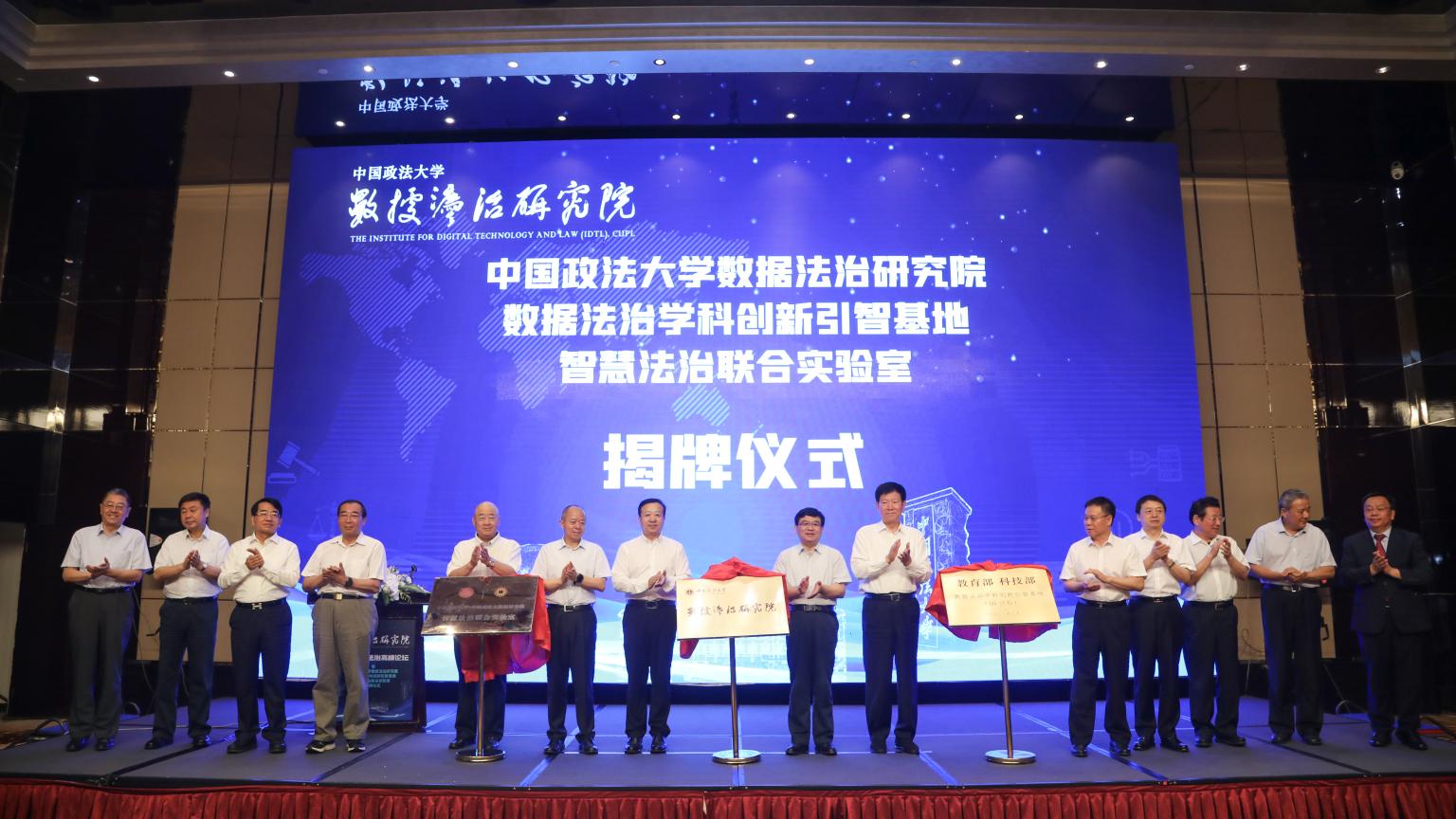
The Base for Data and the Rule of Law was the third CUPL base approved by the Ministry of Education and the Ministry of Science and Technology to be listed under Plan 111.
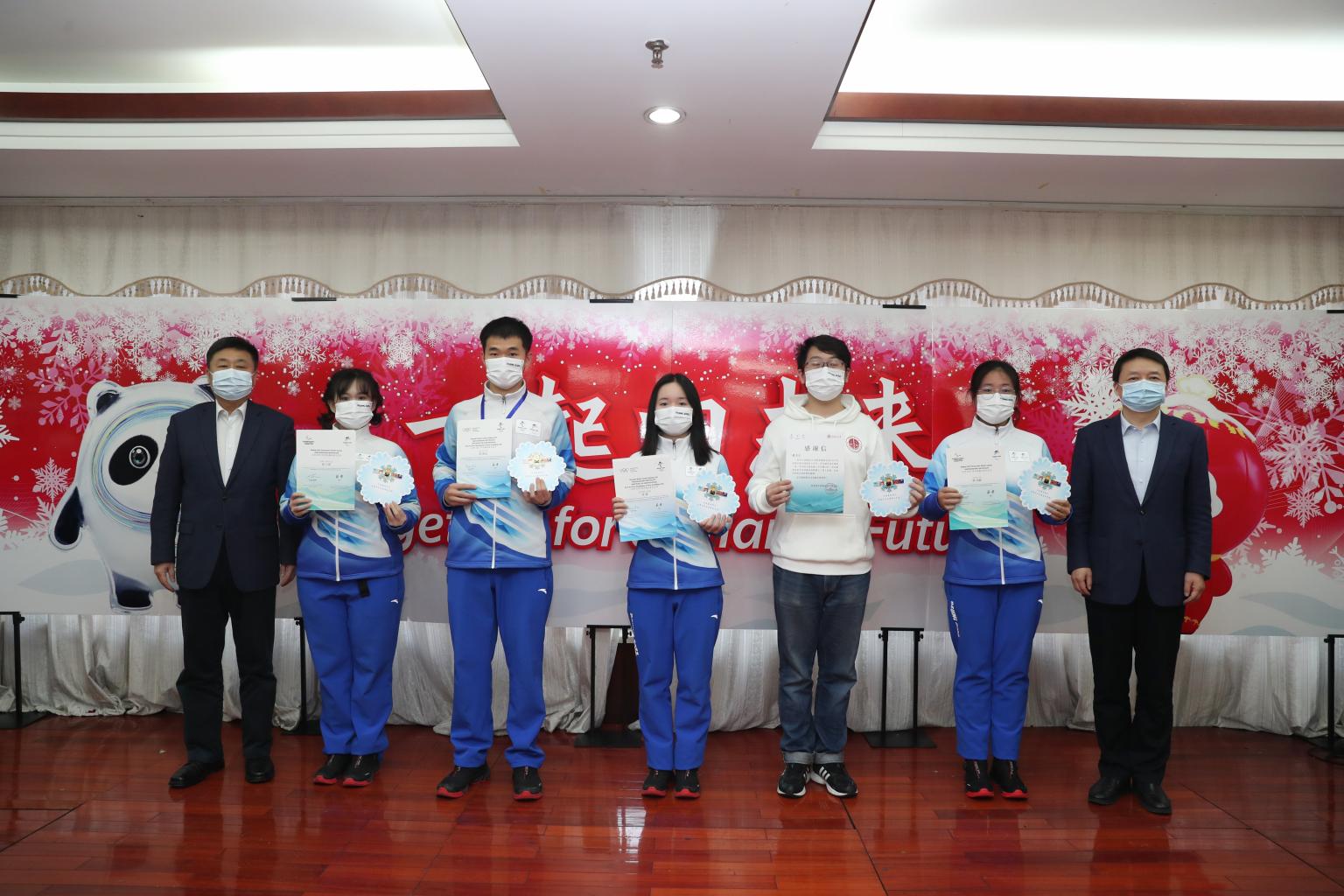
190 CUPL volunteers successfully delivered service support for the Beijing 2022 Winter Olympic Games and Winter Paralympic Games.

CUPL was successfully listed again as a world-class university under the "Double First-Class" initiative. Zhou Qiang, President of the Supreme People's Court, visited CUPL and inaugurated the Research Base for Judicial Reform of the People's Courts.
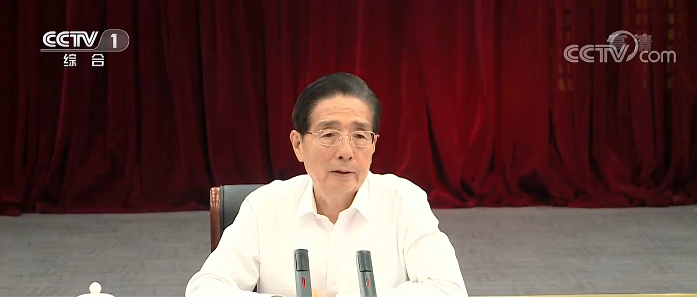
Guo Shengkun, a member of the Political Bureau of the CPC Central Committee, Secretary of the Committee of Political and Legal Affairs of the CPC Central Committee, and Director of the Rule of Law Office of the CPC Central Committee, stressed during his visit to CUPL that we should take Xi Jinping Thought on Socialism with Chinese Characteristics for a New Era as guidance for studying and implementing Xi Jinping Thought on the Rule of Law.
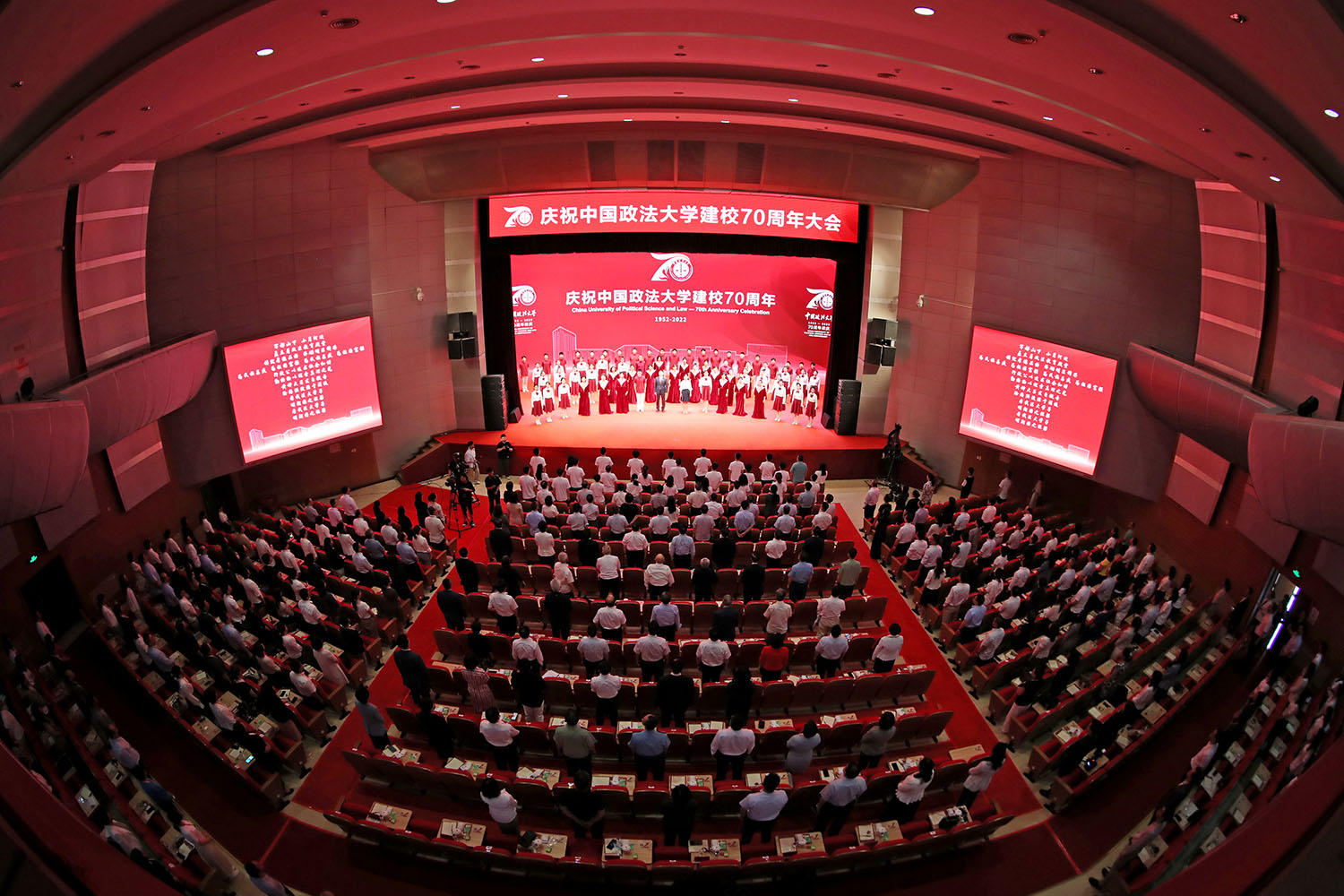
More than 200,000 friends, faculty, students and alumni of CUPL, gathered online and offline to celebrate the 70th anniversary of the university.
CUPL was successfully listed again as a world-class university under the "Double First-Class" initiative. Zhou Qiang, President of the Supreme People's Court, visited CUPL and inaugurated the Research Base for Judicial Reform of the People's Courts. 190 CUPL volunteers successfully delivered service support for the Beijing 2022 Winter Olympic Games and Winter Paralympic Games. Guo Shengkun, a member of the Political Bureau of the CPC Central Committee, Secretary of the Committee of Political and Legal Affairs of the CPC Central Committee, and Director of the Rule of Law Office of the CPC Central Committee, stressed during his visit to CUPL that we should take Xi Jinping Thought on Socialism with Chinese Characteristics for a New Era as guidance for studying and implementing Xi Jinping Thought on the Rule of Law. More than 200,000 friends, faculty, students and alumni of CUPL, gathered online and offline to celebrate the 70th anniversary of the university.
Copyright @ China University of Political Science and Law. All rights reserved | Email: cupl@cupl.edu.cn

